Exploring the Connection Between Chess and Mathematics
Chess and mathematics are often compared for their use of logical reasoning and high cognitive demand. It is a popular belief that playing chess can either improve or correlate with mathematical skills. This belief prompts the question: are chess players naturally good at math? The answer is nuanced, relying on several psychological, educational, and personal factors that intertwine the skills required for both chess and mathematics.
Cognitive Skills in Chess and Math
At the core, both chess and mathematics involve deep and complex thinking processes. Chess requires strategic planning, problem-solving, and tactical foresight, which resemble the skills needed for solving mathematical problems. Moreover, both disciplines benefit from a person's ability to recognize patterns, a key cognitive skill that allows for anticipating consequences in chess and for understanding formulas in math.
Research on Chess and Cognitive Development
Several studies have investigated whether there is a direct correlation between chess playing and mathematical ability. A study by Robert Ferguson conducted in the late 1970s and early 1980s tested whether learning chess could influence increases in mathematical understanding among students. His study found significant improvements in math scores among students who had taken chess classes compared to those who had not.
However, such studies often face criticism for their methodological limitations, and not all research confirms a direct correlation. For instance, some argue that while chess improves problem-solving skills, these enhancements might not specifically adhere to math but rather to general intelligence and reasoning abilities.
Chess and Mathematical Thinking
Understanding the rules of chess and succeeding in the game requires one to engage in logical reasoning and critical thinking. Players need to hypothesize possible future moves and their implications, much like solving an algebraic equation or a geometric proof. This aligns closely with mathematical thinking, where hypotheses and logical sequence are crucial.
Moreover, the structure and laws governing the game of chess provide a good practice ground for the orderly thinking and problem structuring that are essential in mathematics. Thus, chess players often exhibit a proficiency in these aspects, which can be beneficial in math studies and problem solving.
Is There a Natural Proficiency?
Deciding whether chess players are naturally good at math or if playing chess develops mathematical skills introduces the concept of transfer of learning. Transfer of learning is the ability to apply skills and knowledge acquired in one context to another. In the case of chess players, the argument could be made that the skills learned on the chessboard can transfer to solving mathematical problems, suggesting that the skills are not necessarily innate but developed through practice.
Additionally, it is also possible that individuals who are good at chess may naturally possess a type of intelligence or cognitive ability that is also conducive to mathematical thinking. This perspective supports the idea that certain cognitive skills can enhance one's ability in both fields, making some chess players naturally good at math.
Math in Professional Chess
In professional chess, mathematical skills can manifest more directly through the use of databases and probability calculations, which are often used to study games and opponents. Planning and analyzing games with a mathematical mindset can provide strategic insights that are beyond just intuitive play, highlighting a more explicit link between mathematical skill and high-level chess.
Conclusion
While there is not a straightforward answer to whether chess players are naturally good at math, it is evident that there are overlaying thinking skills and cognitive abilities between chess and mathematics. Whether through direct correlation, the fostering of particular cognitive abilities, or the transfer of learned skills, chess players frequently exhibit a proficiency in mathematical thinking. This complex relationship illustrates that engaging in chess can potentially benefit one's mathematical skills, even if it does not guarantee mathematical prowess from the outset.
Explore our large collection of luxurious chess sets!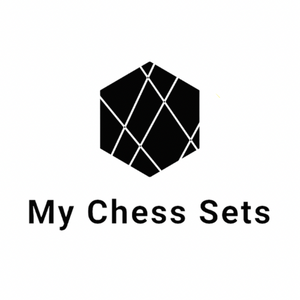
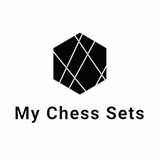
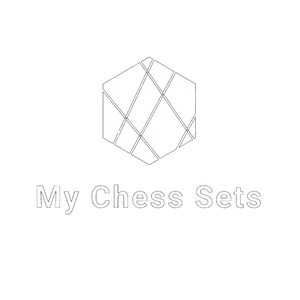
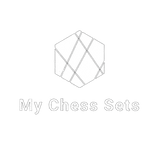
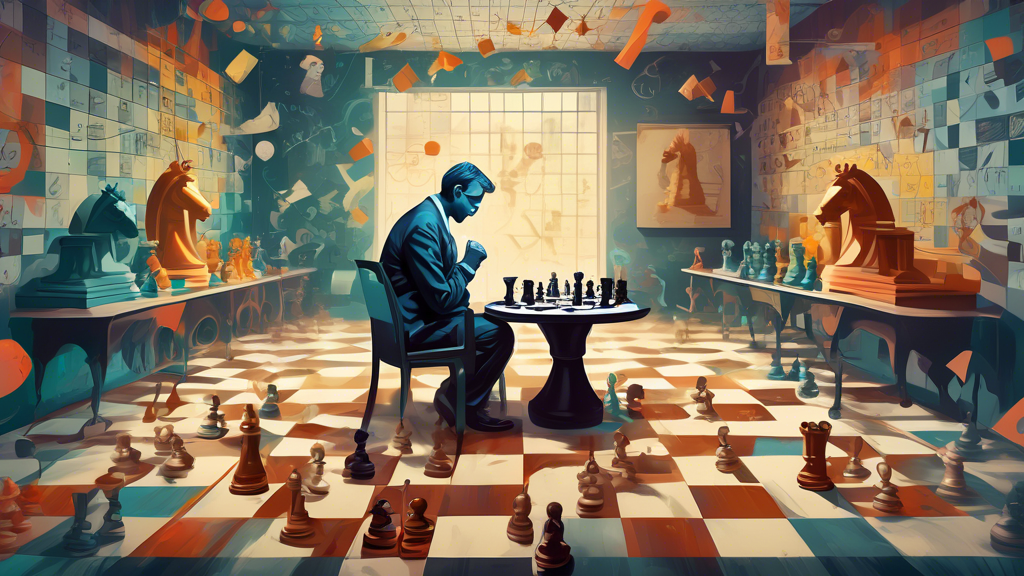
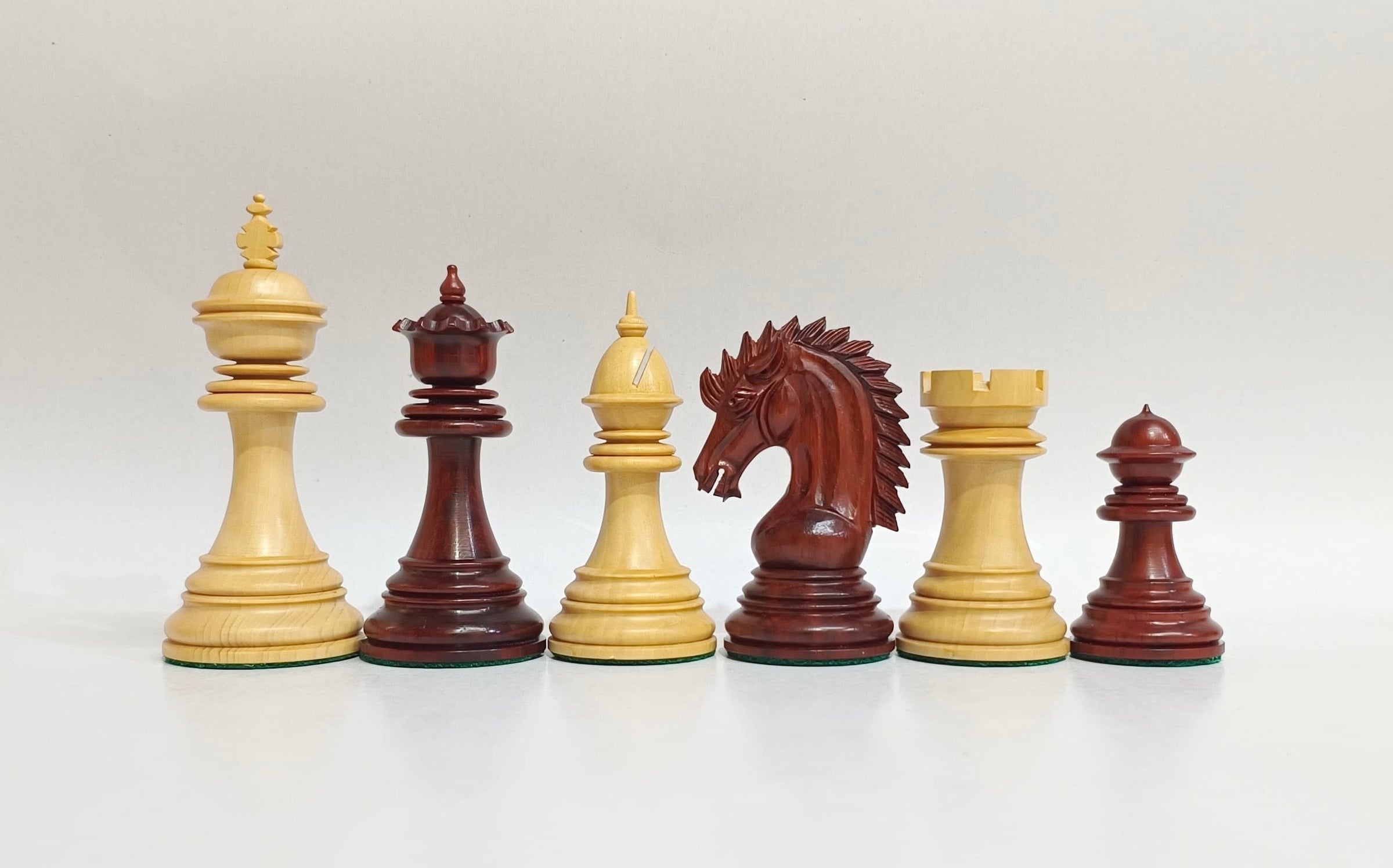
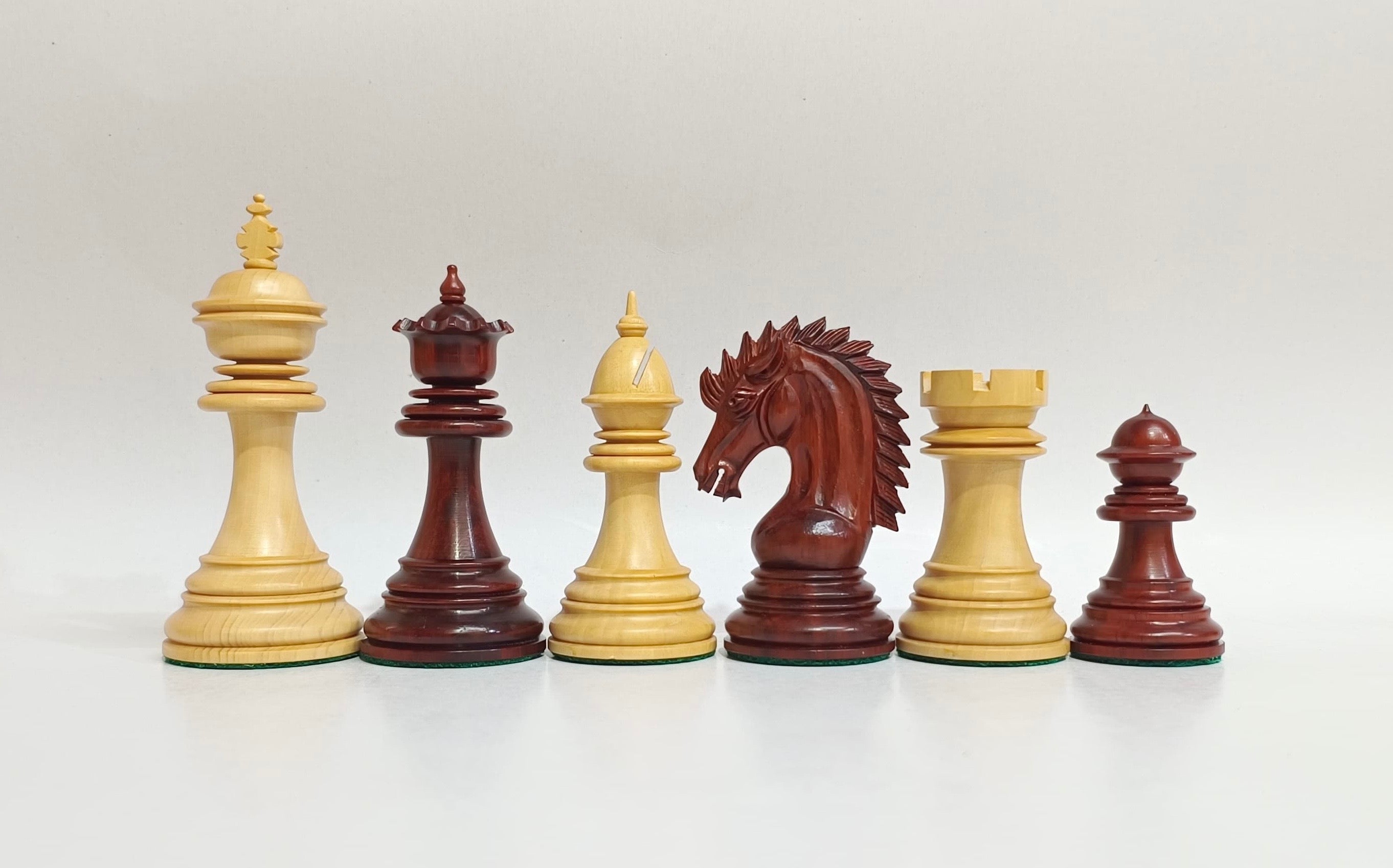
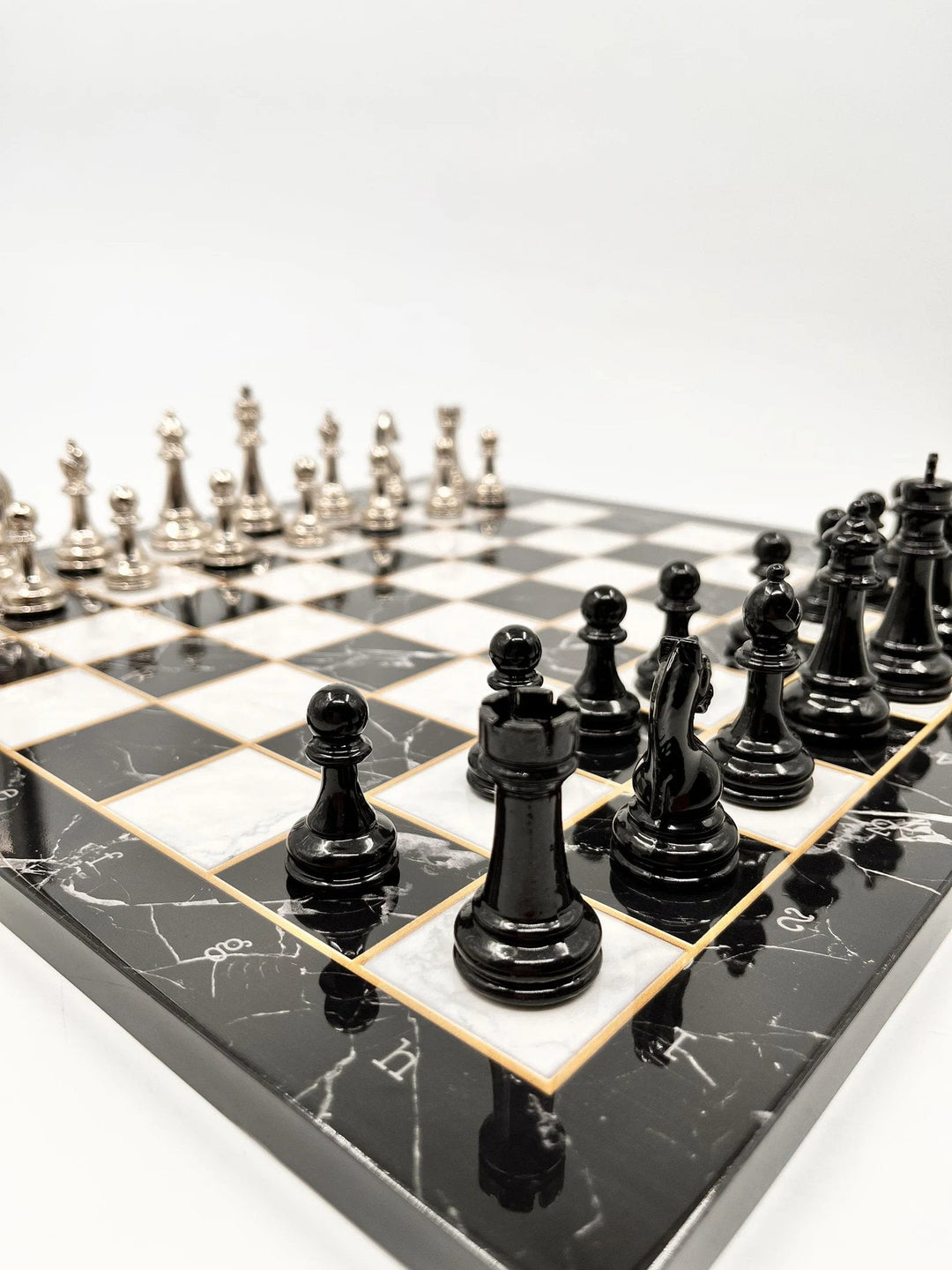
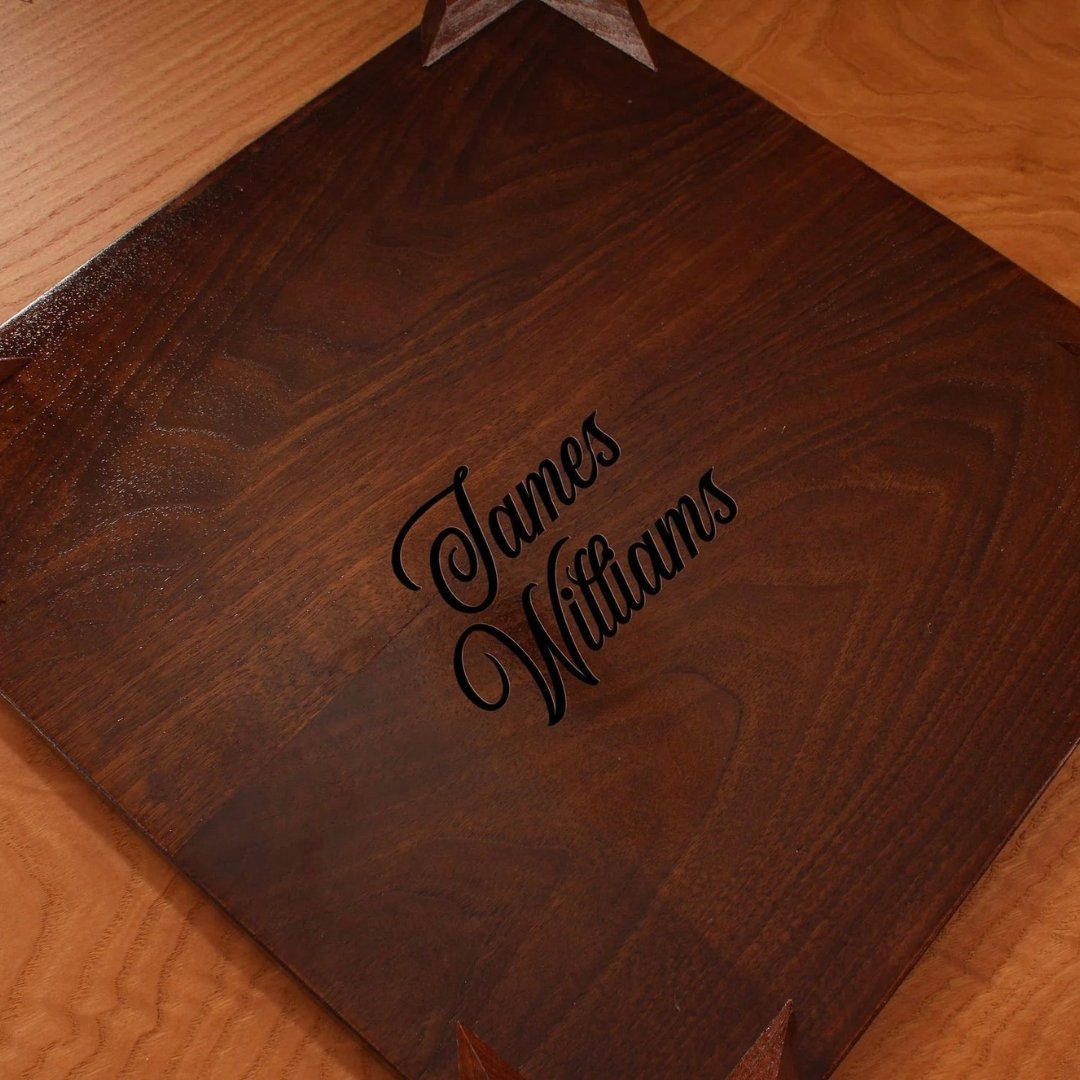
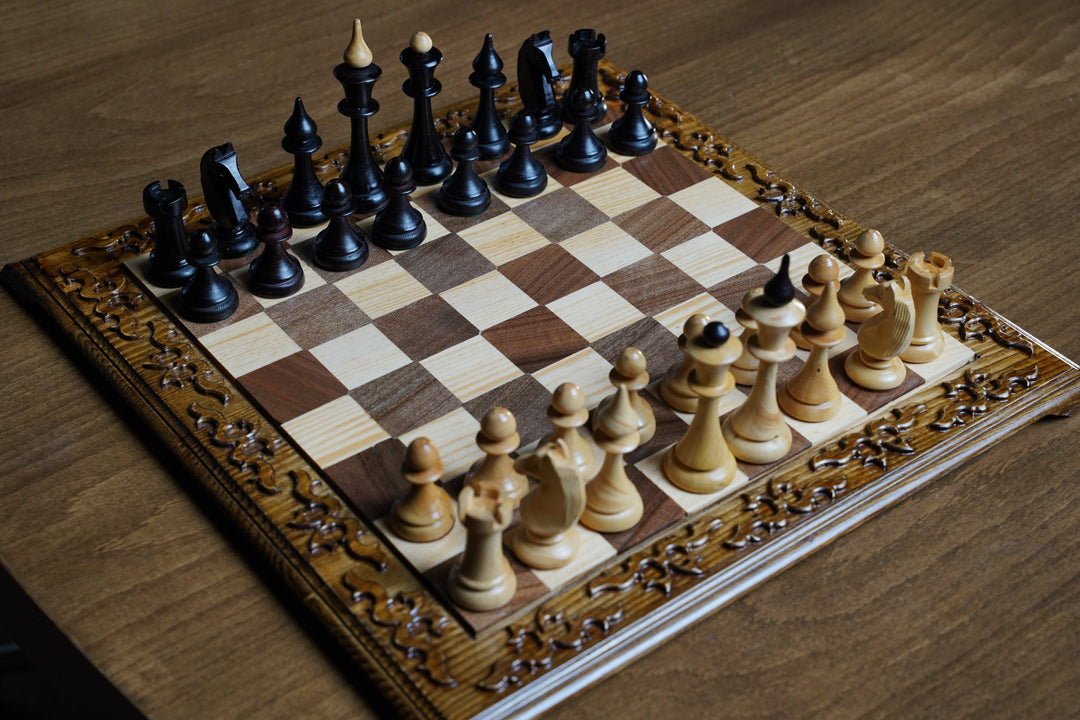
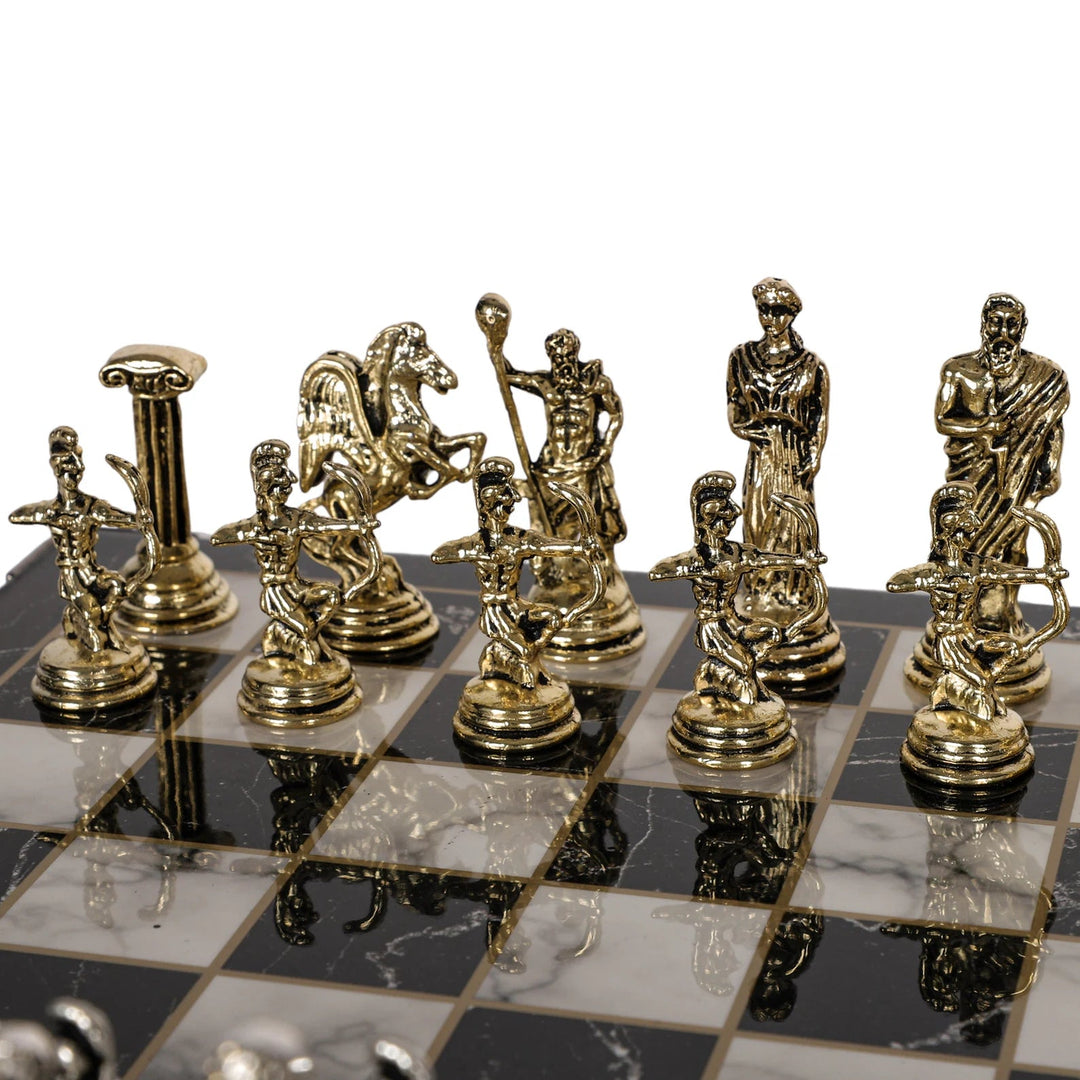
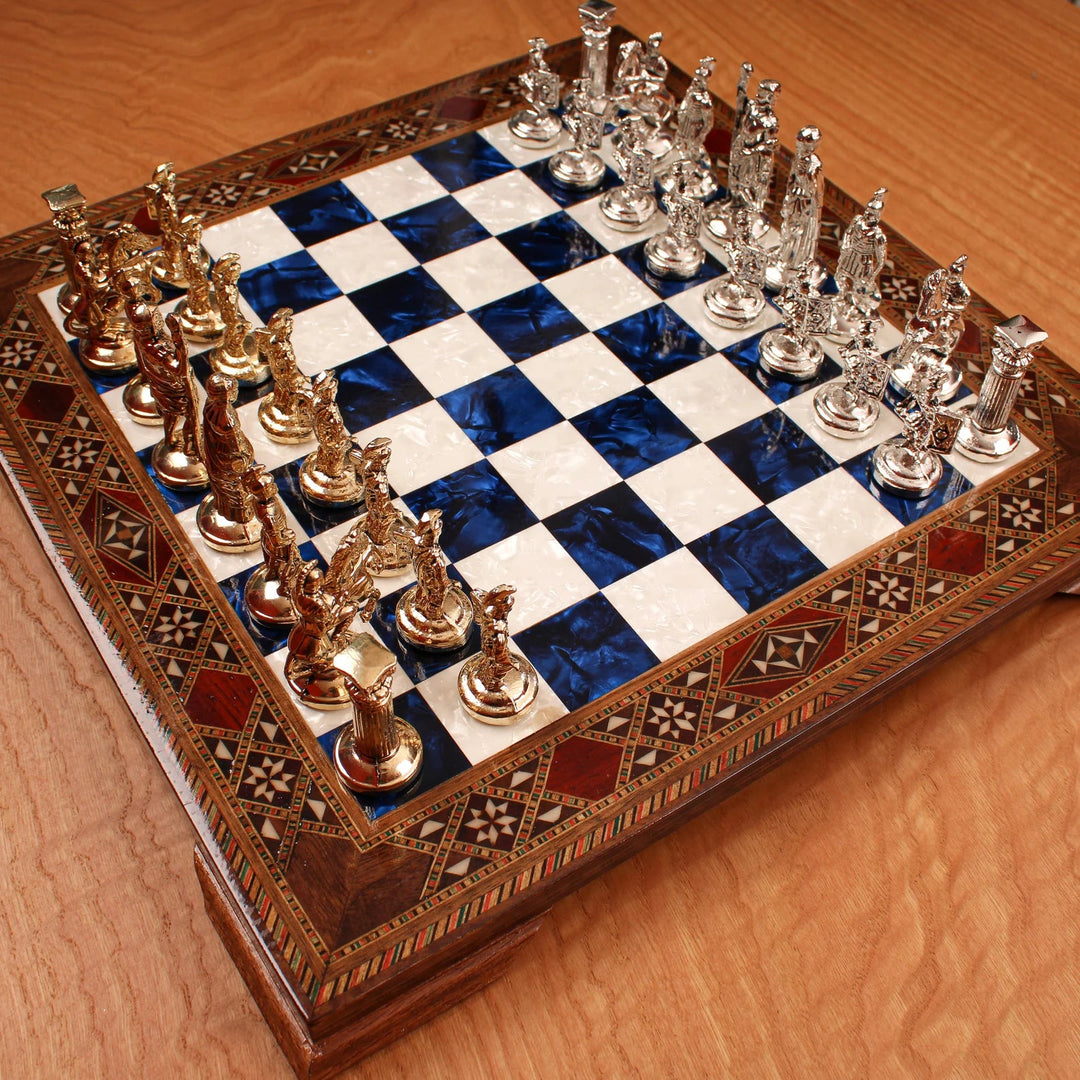
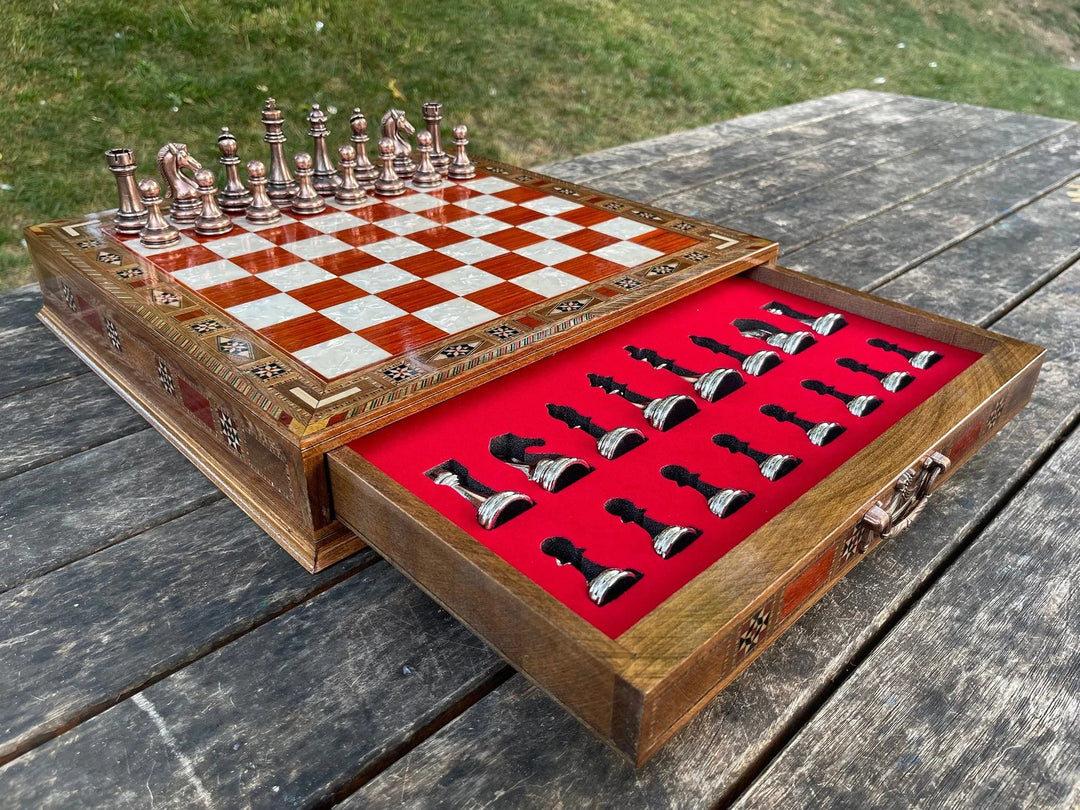
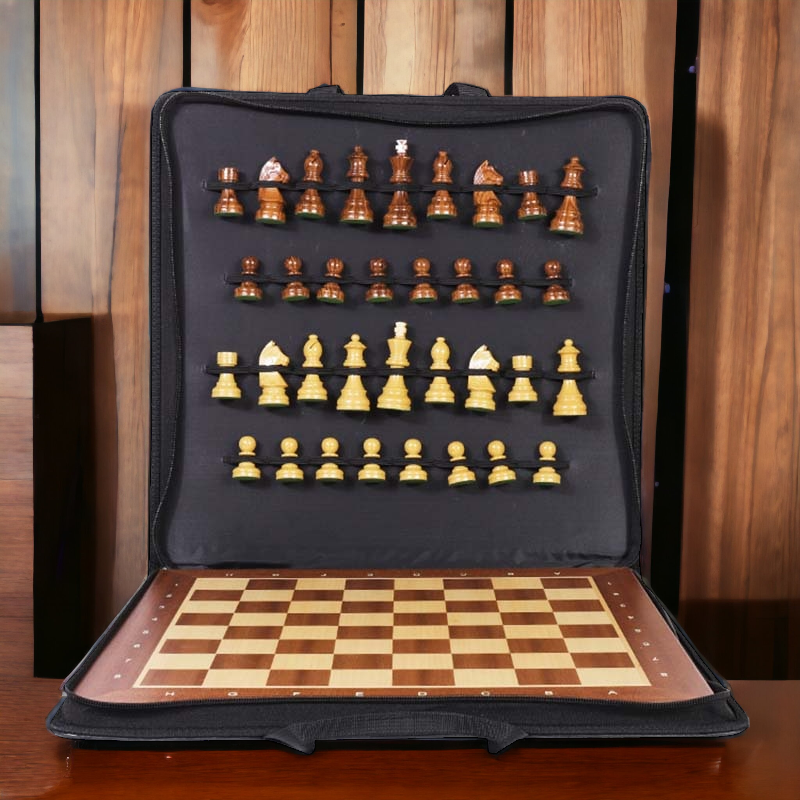
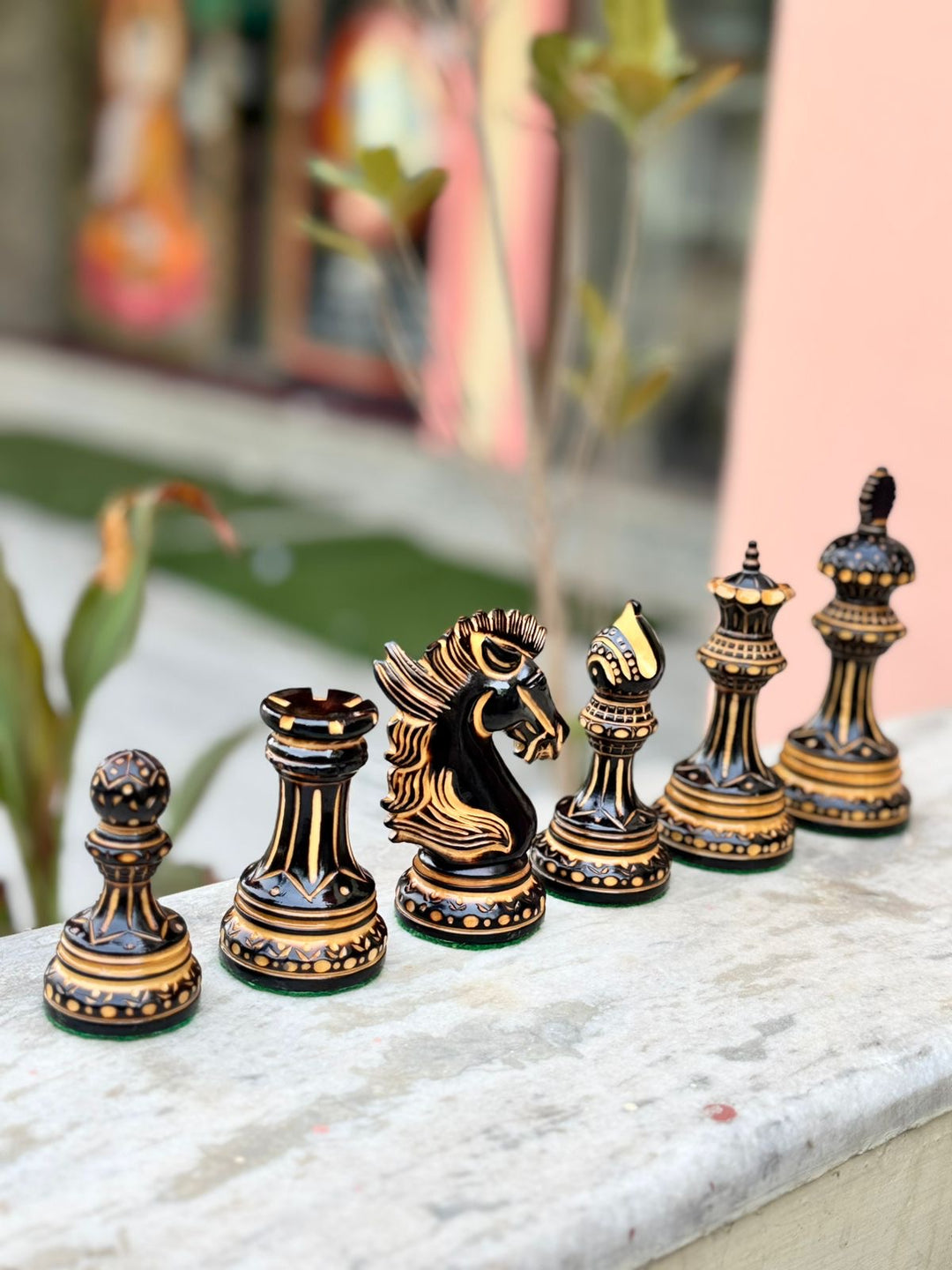
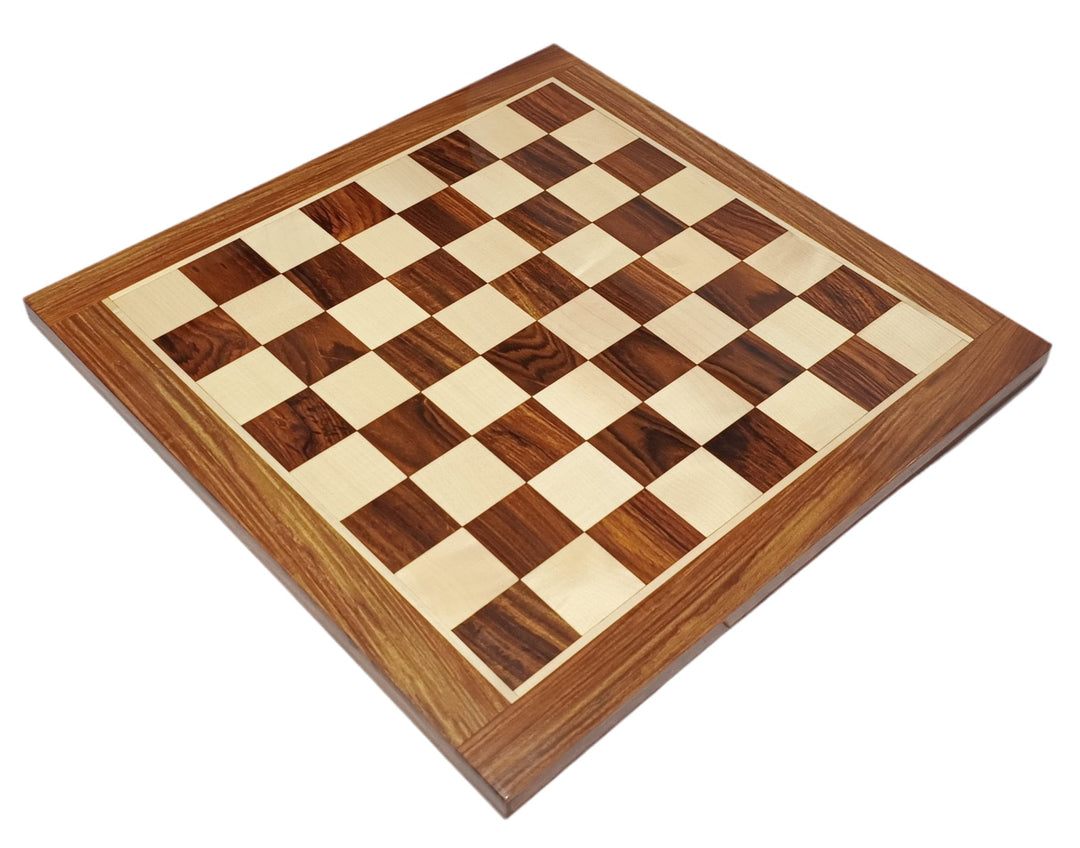
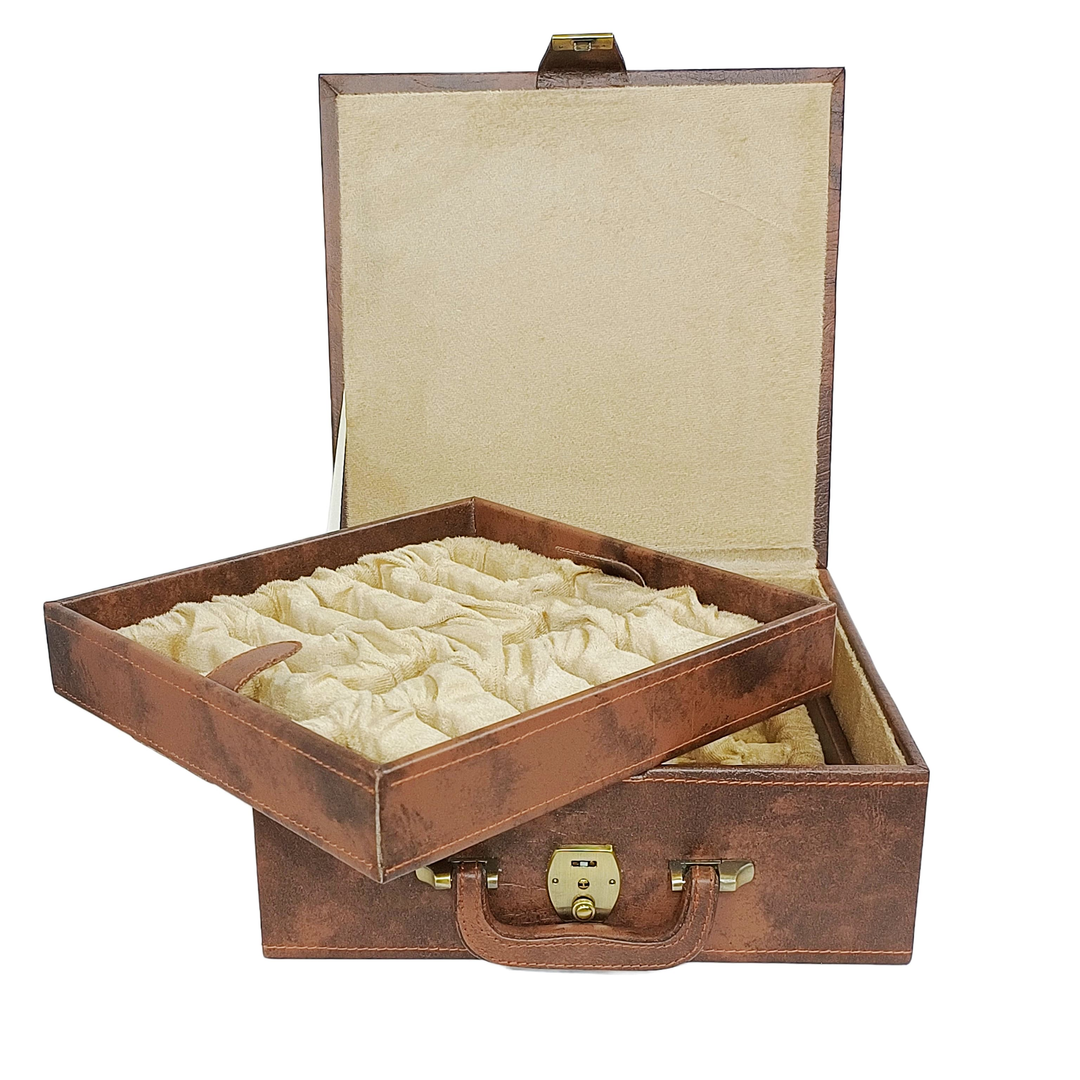
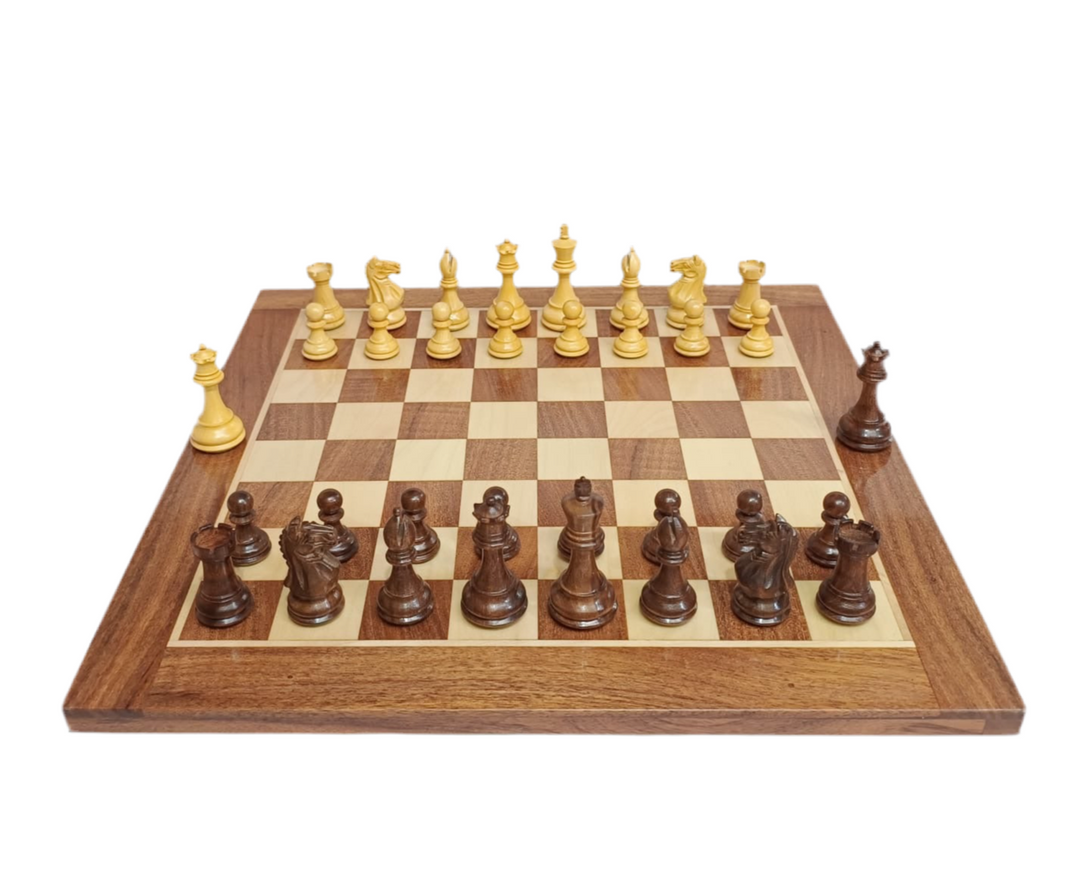
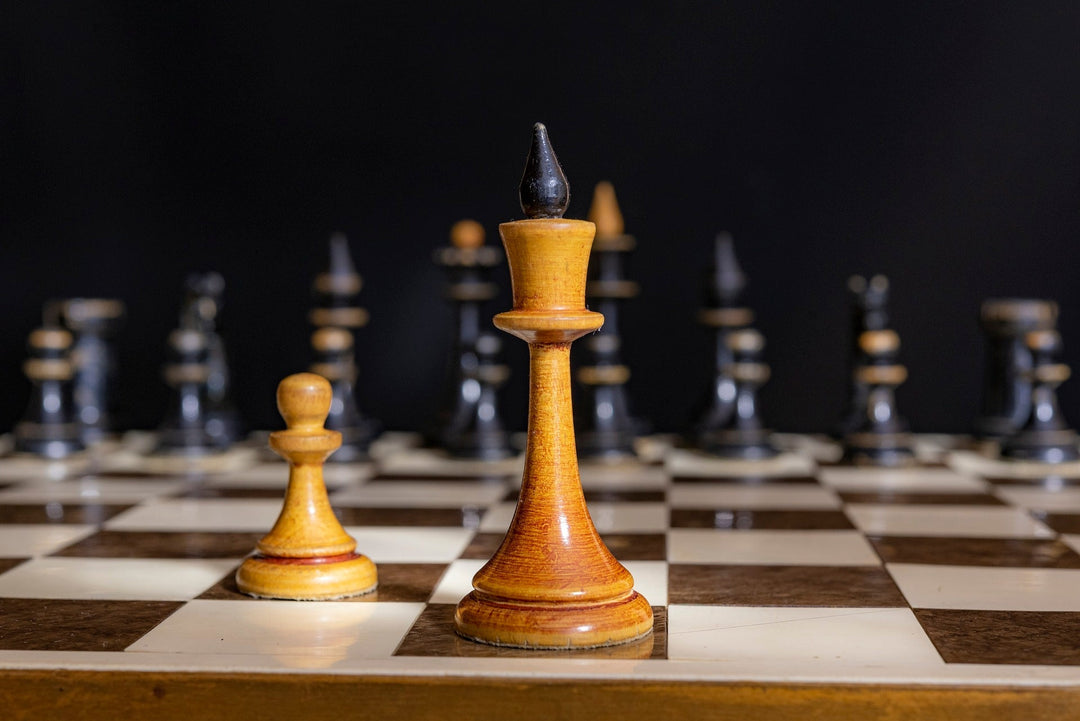
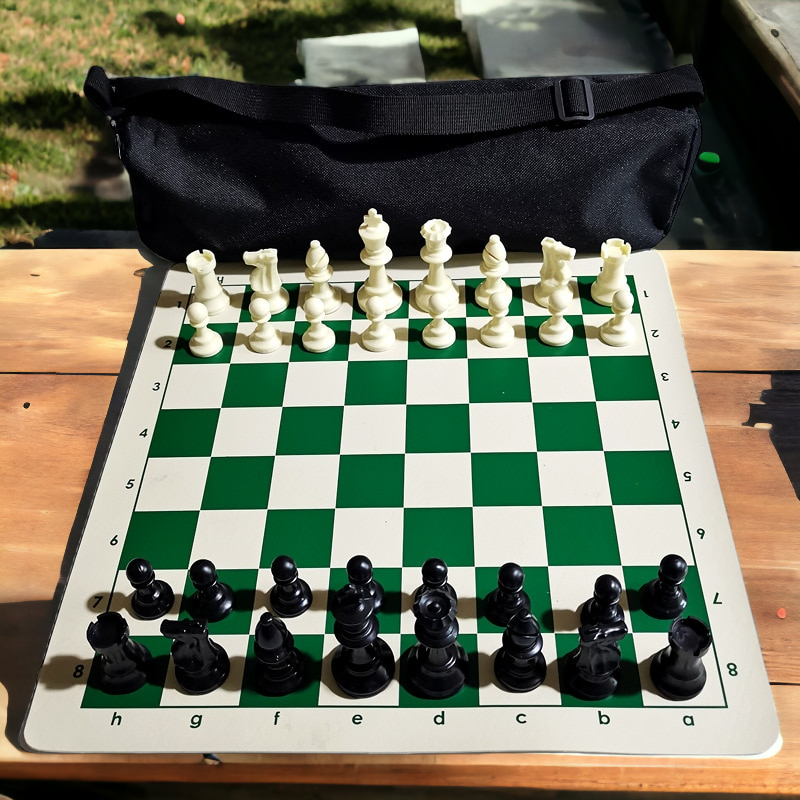
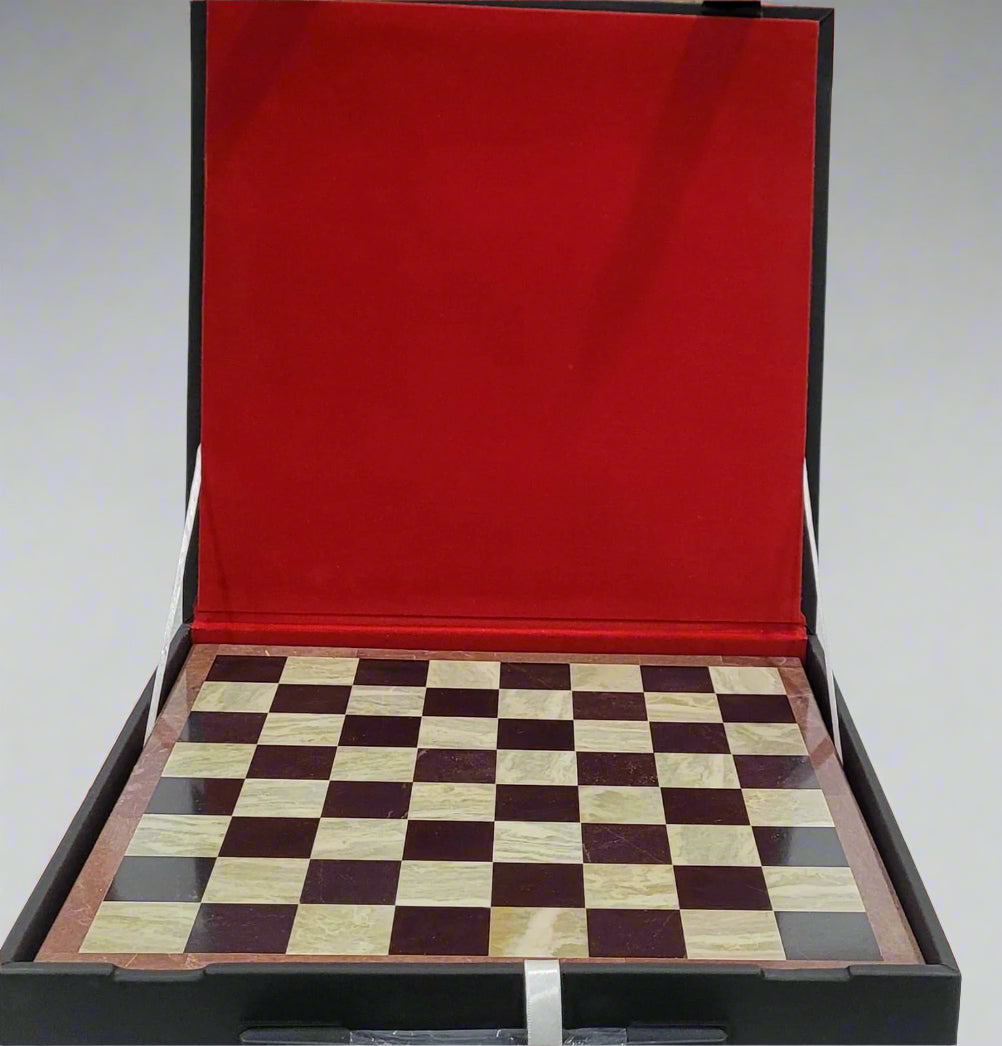
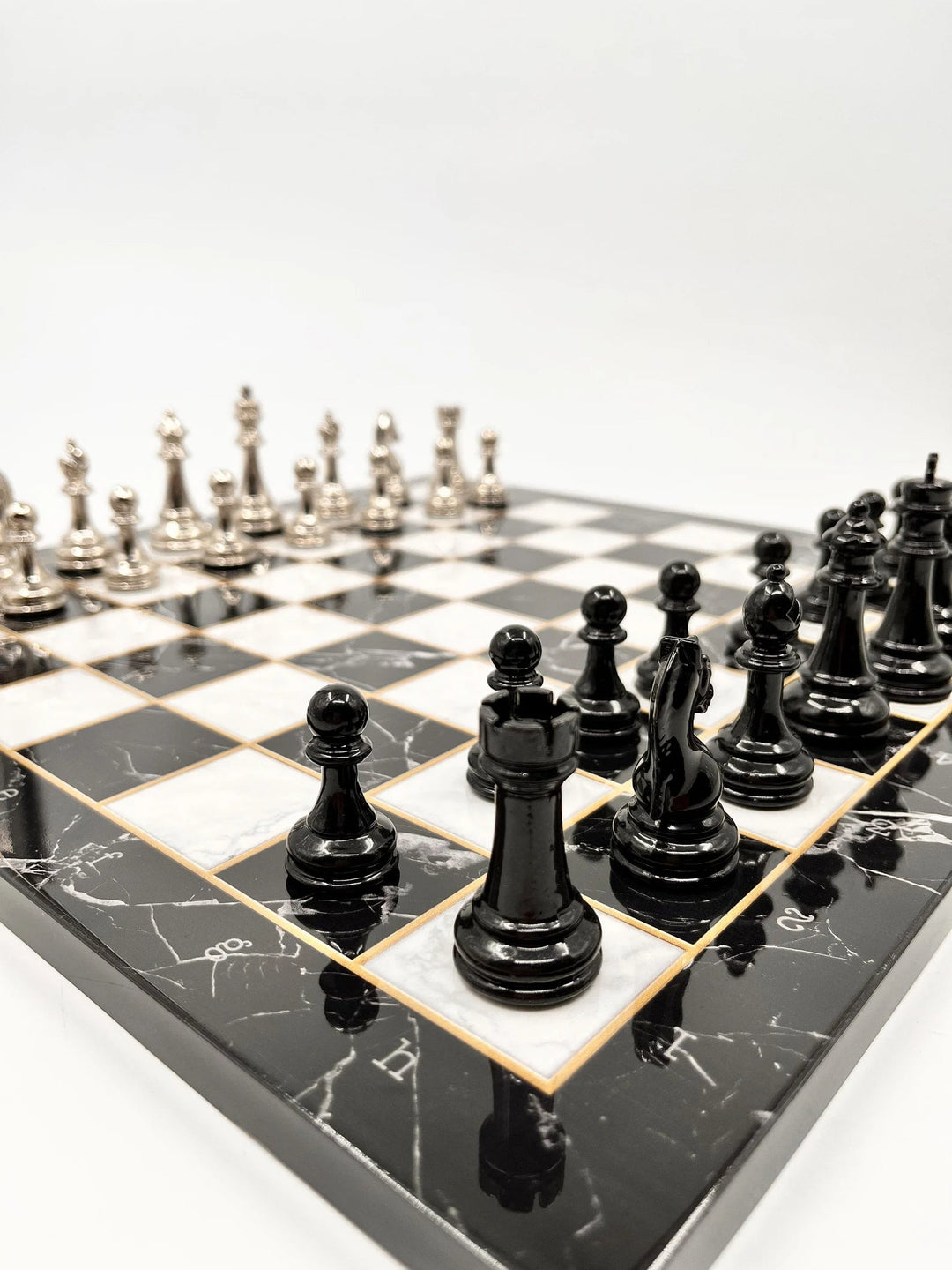
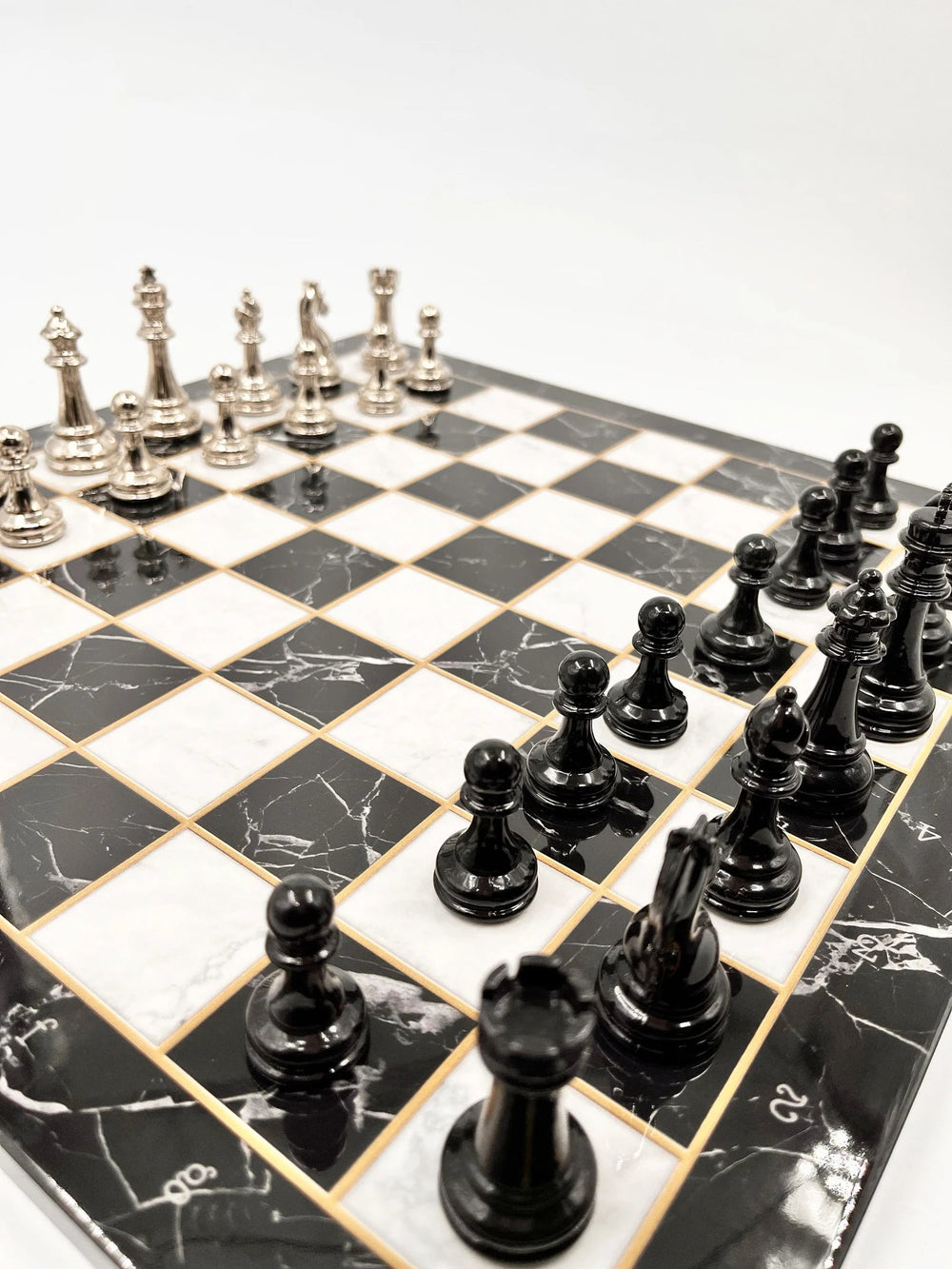
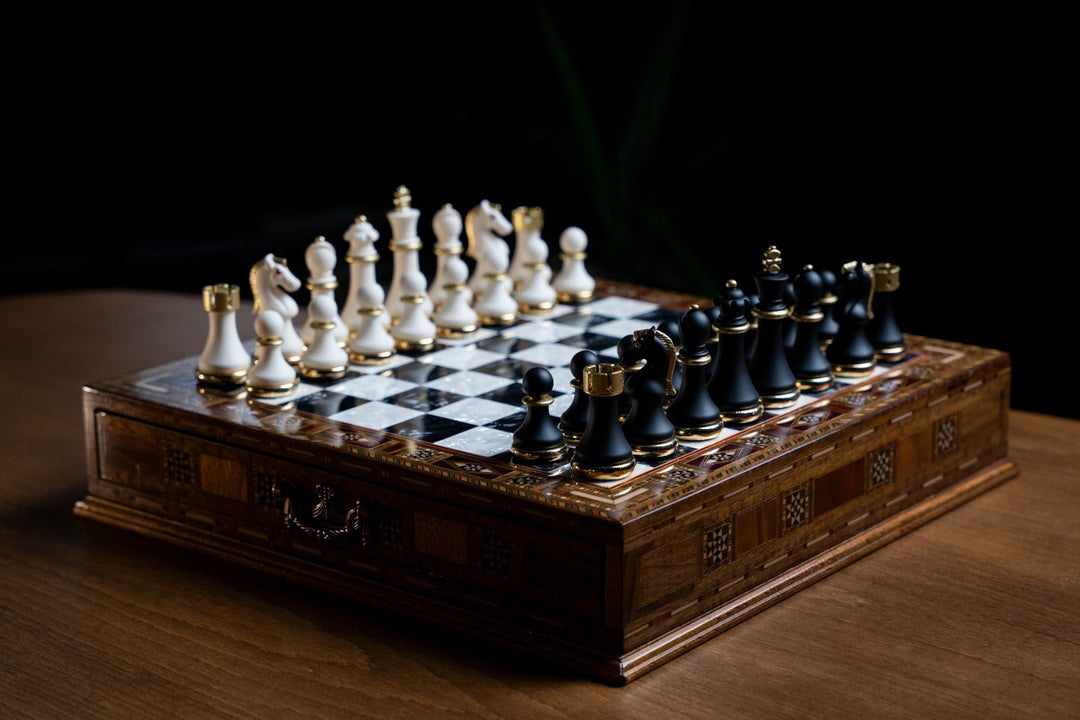
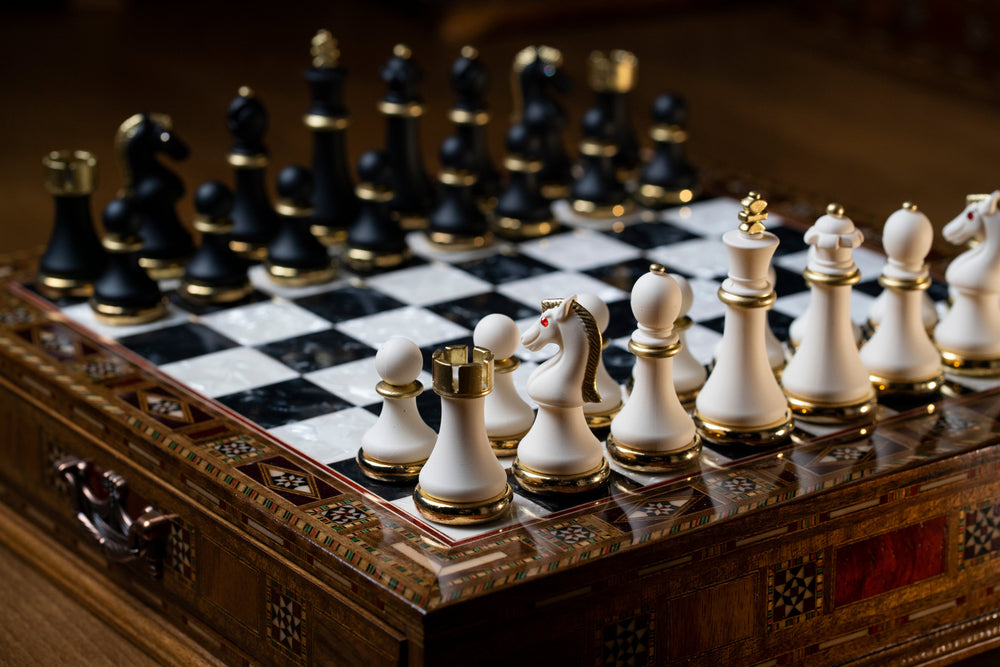
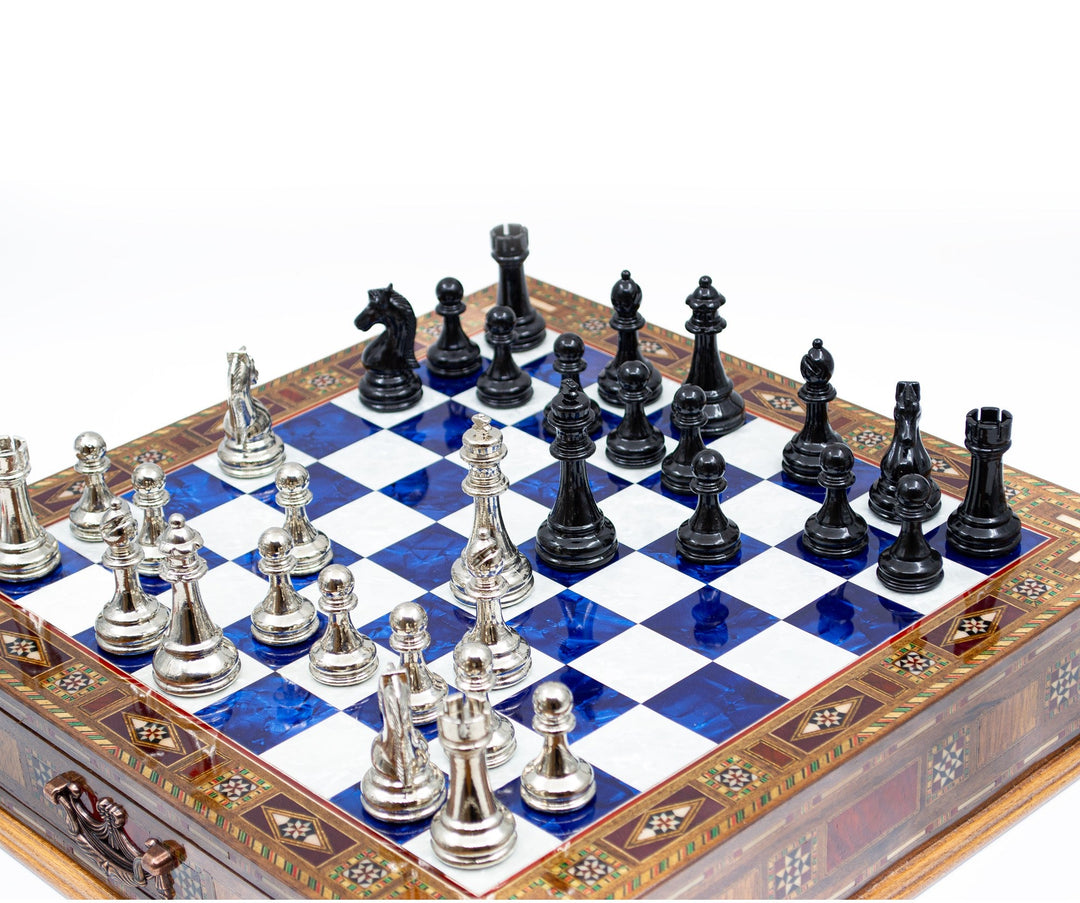
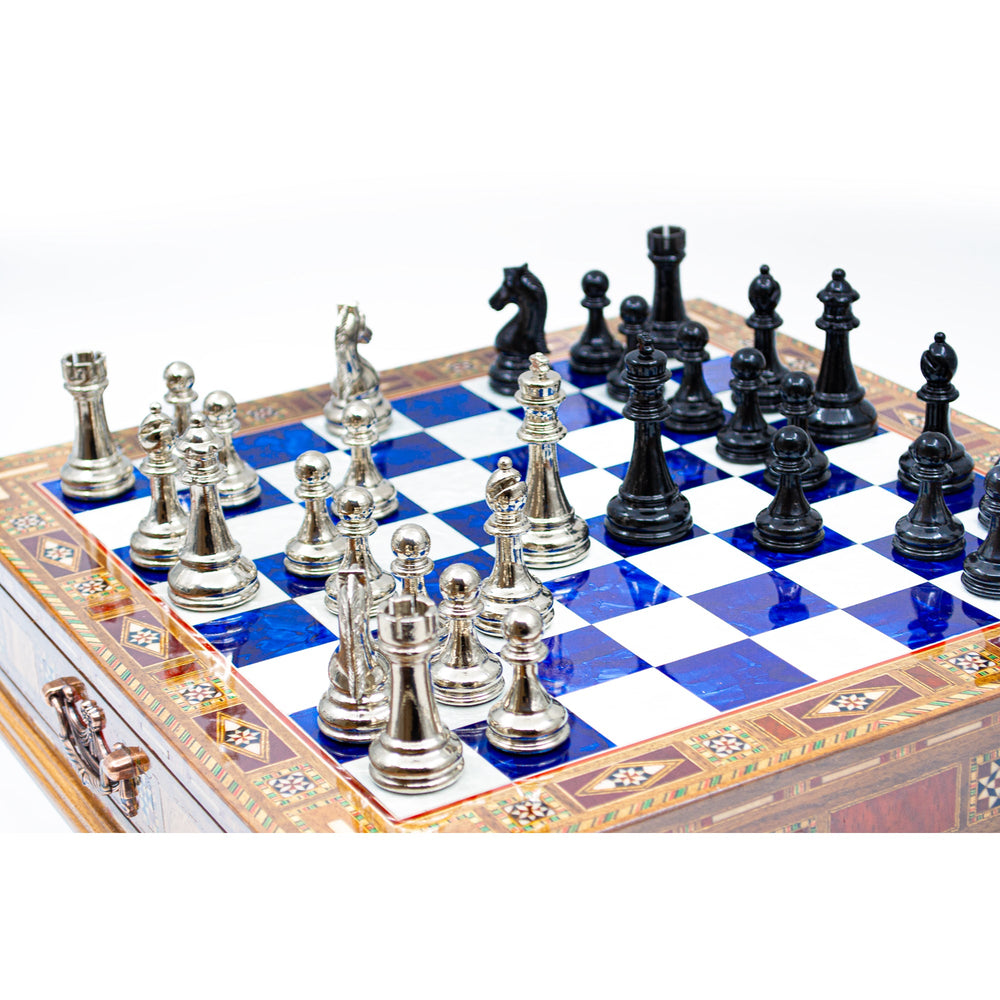
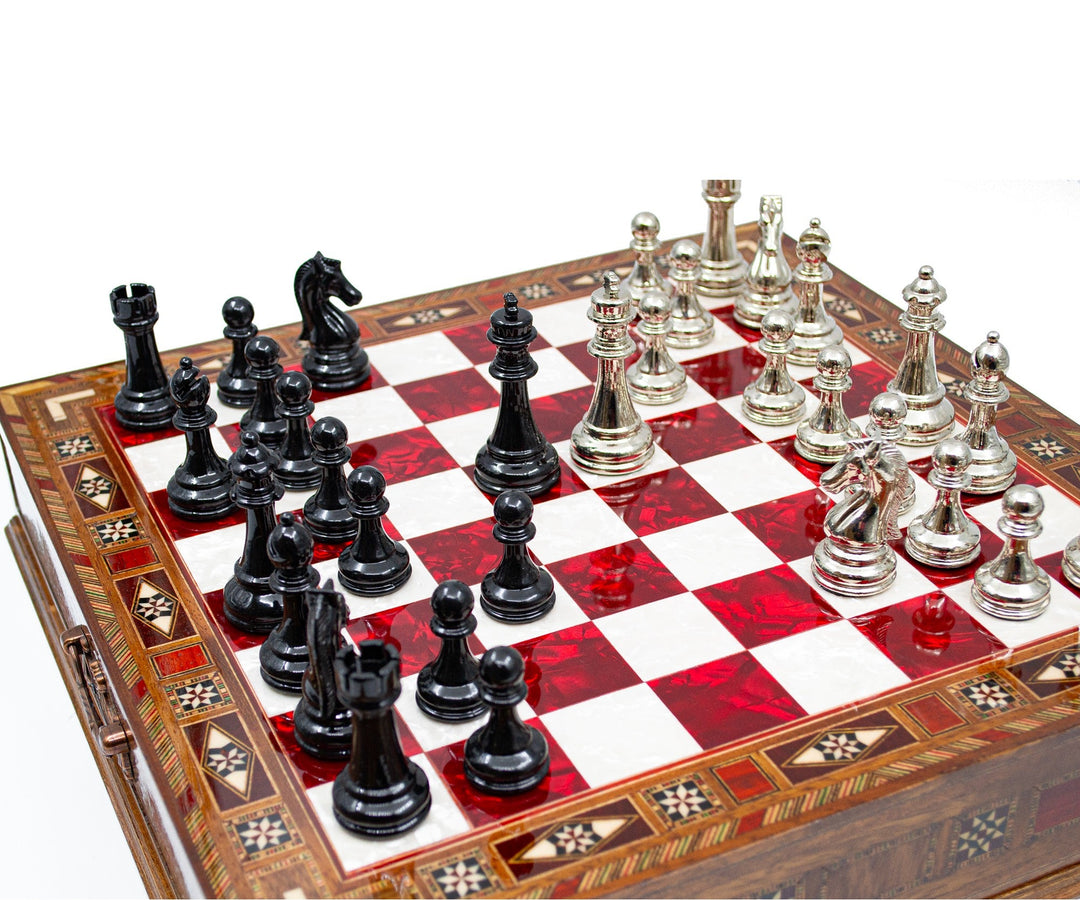
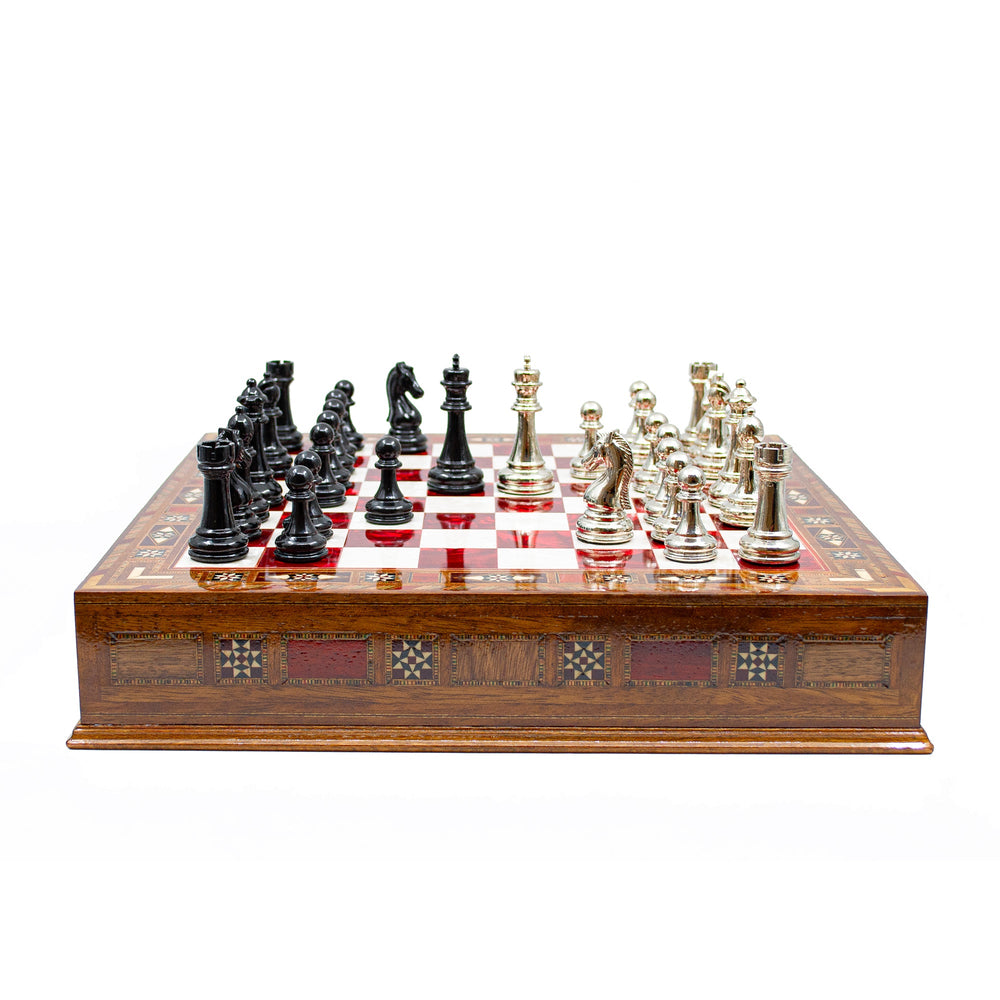
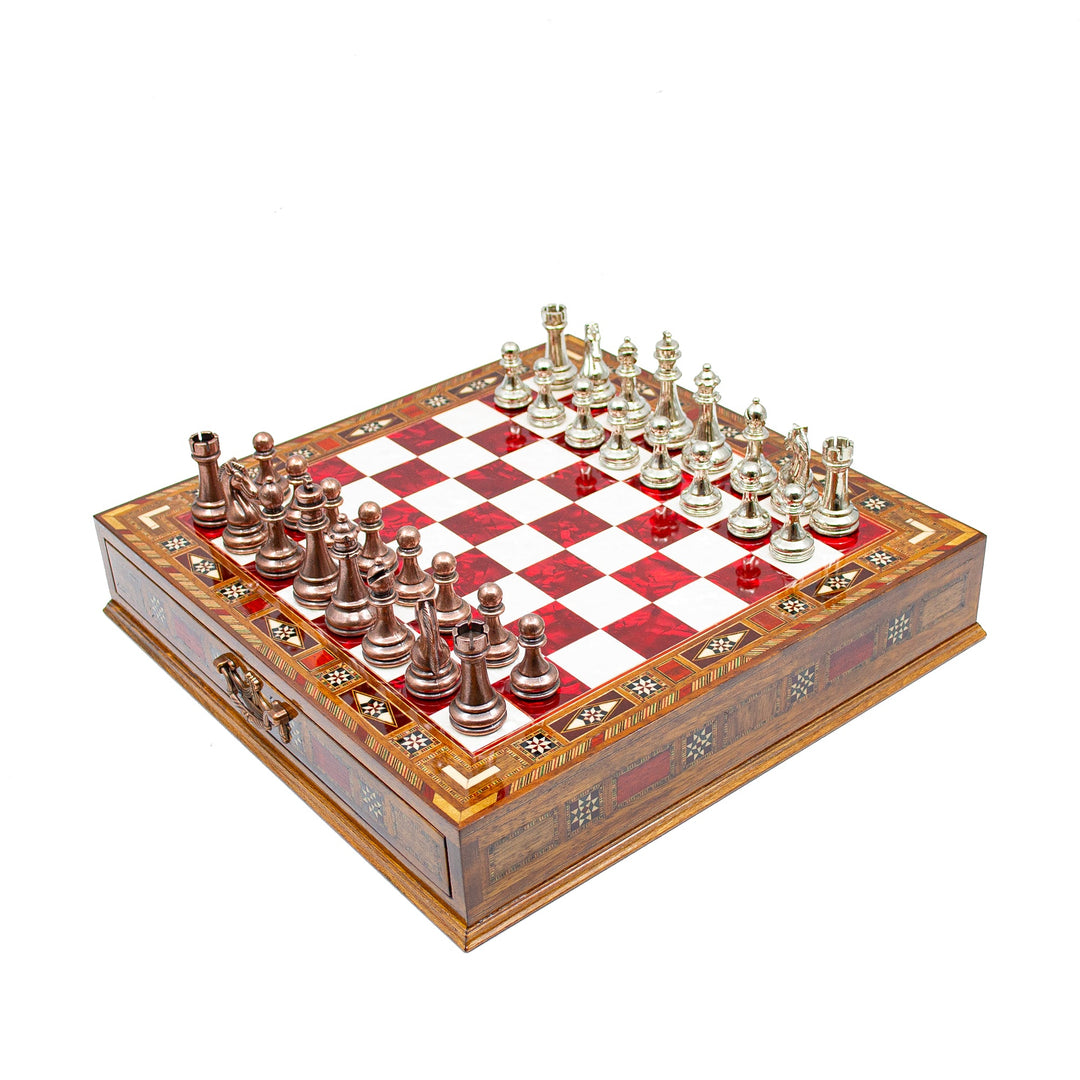
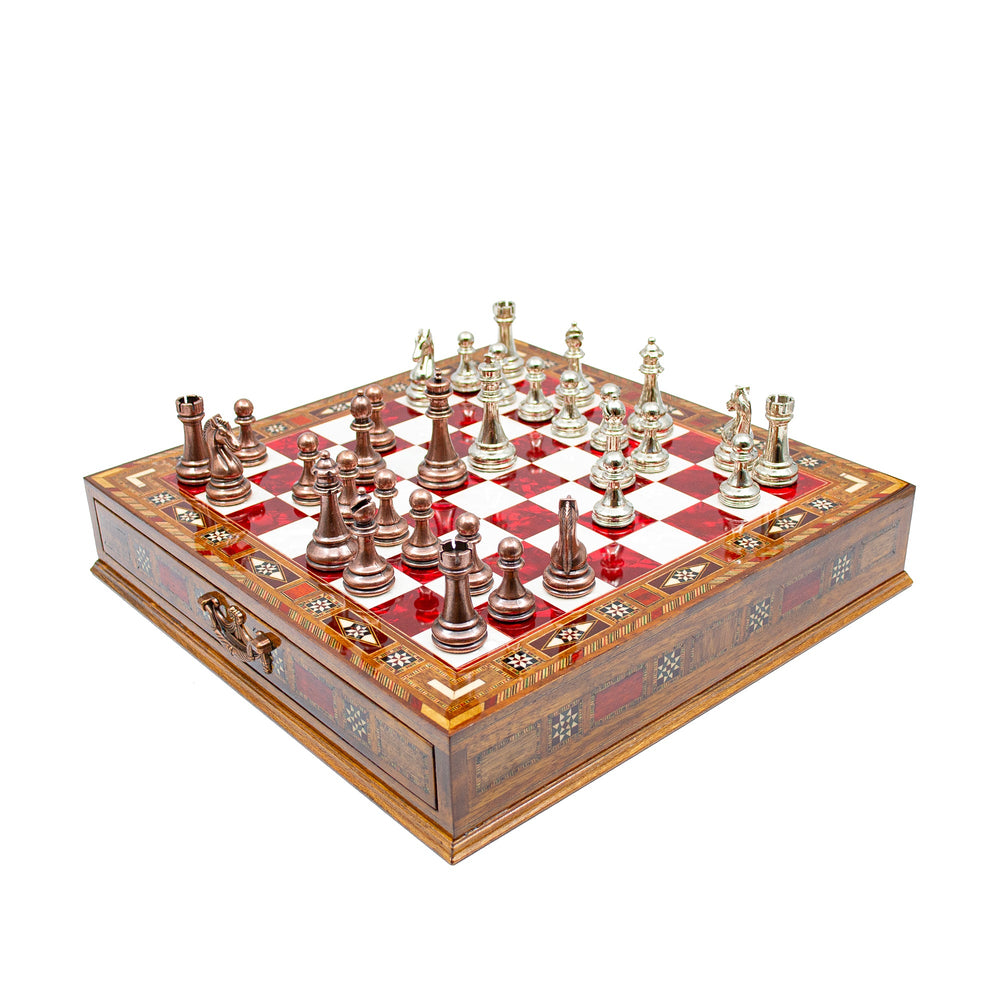
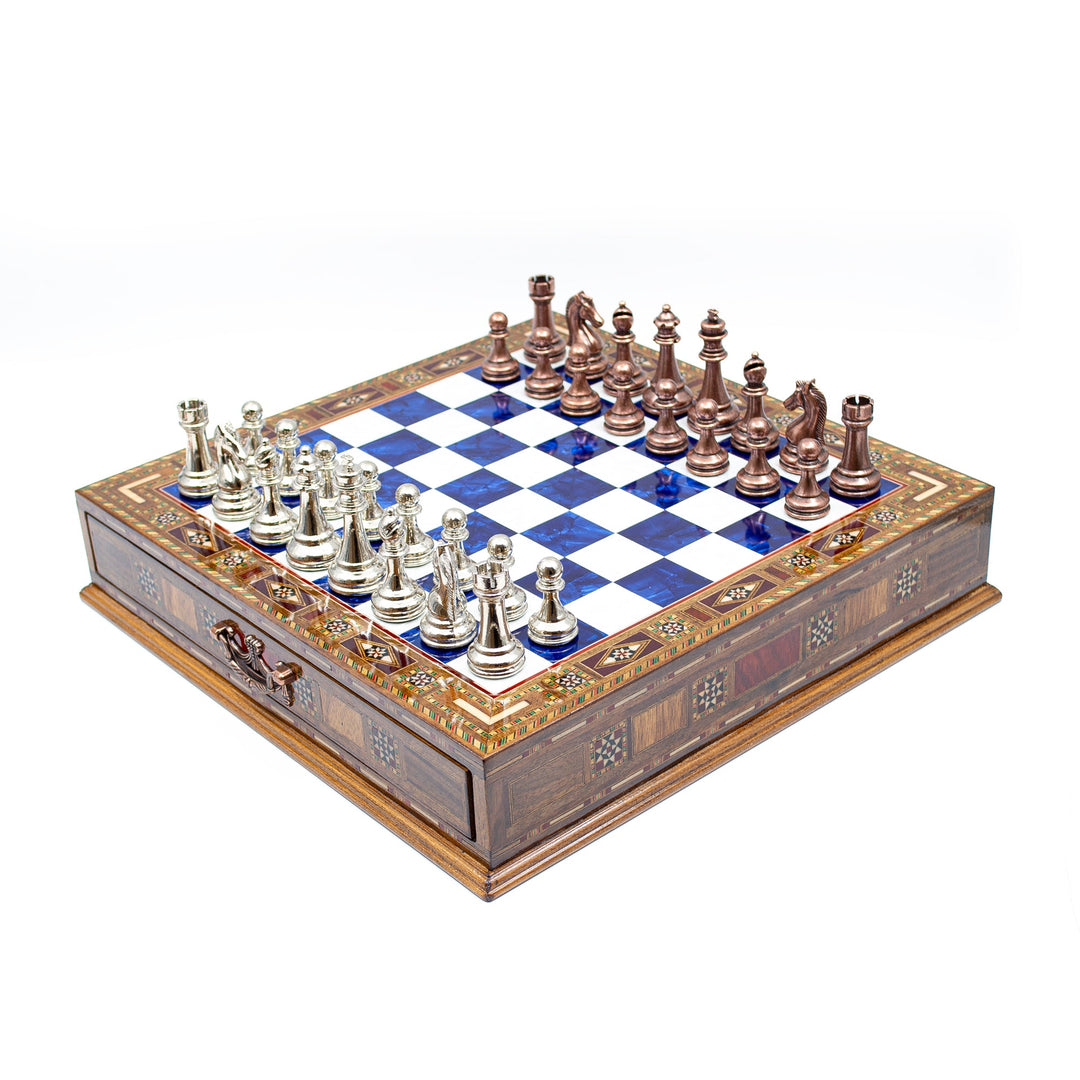
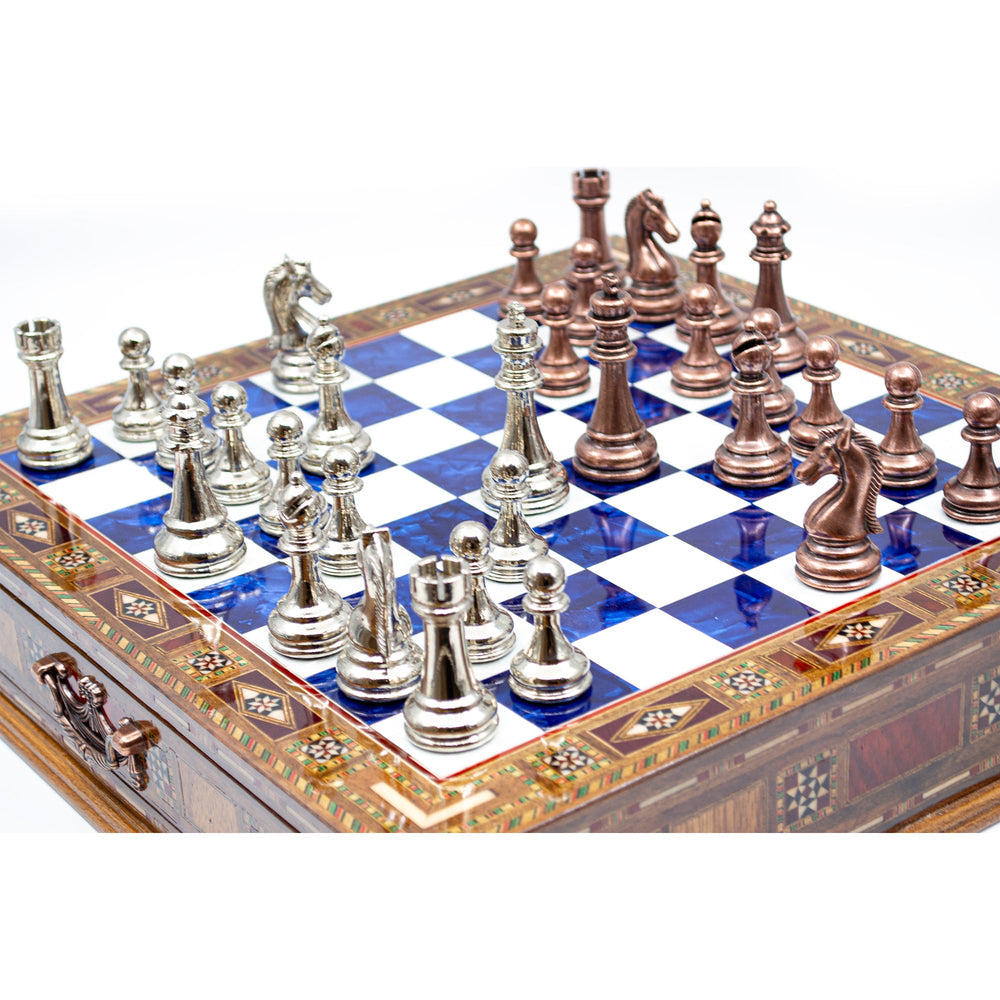
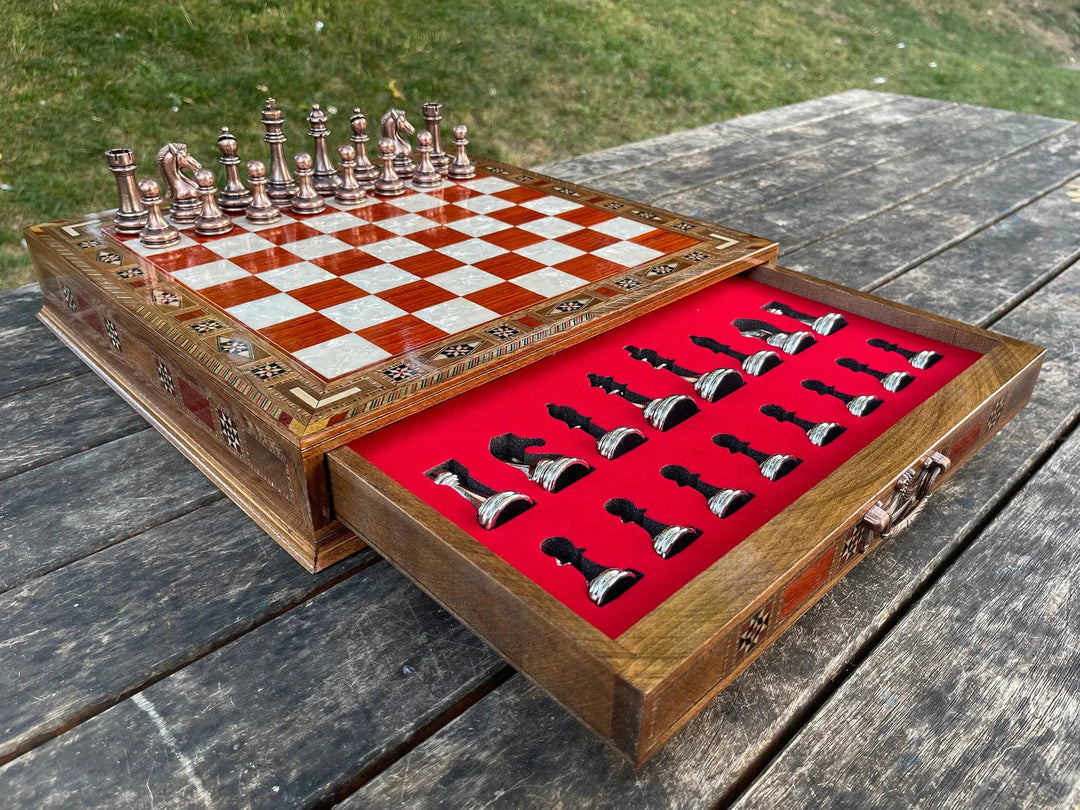
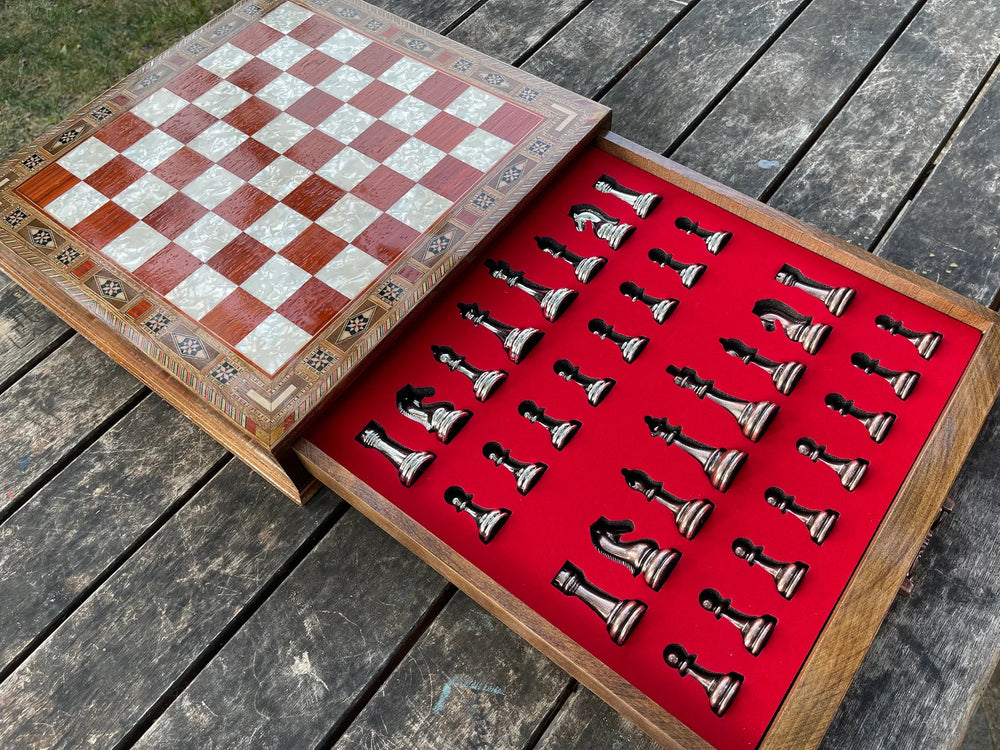
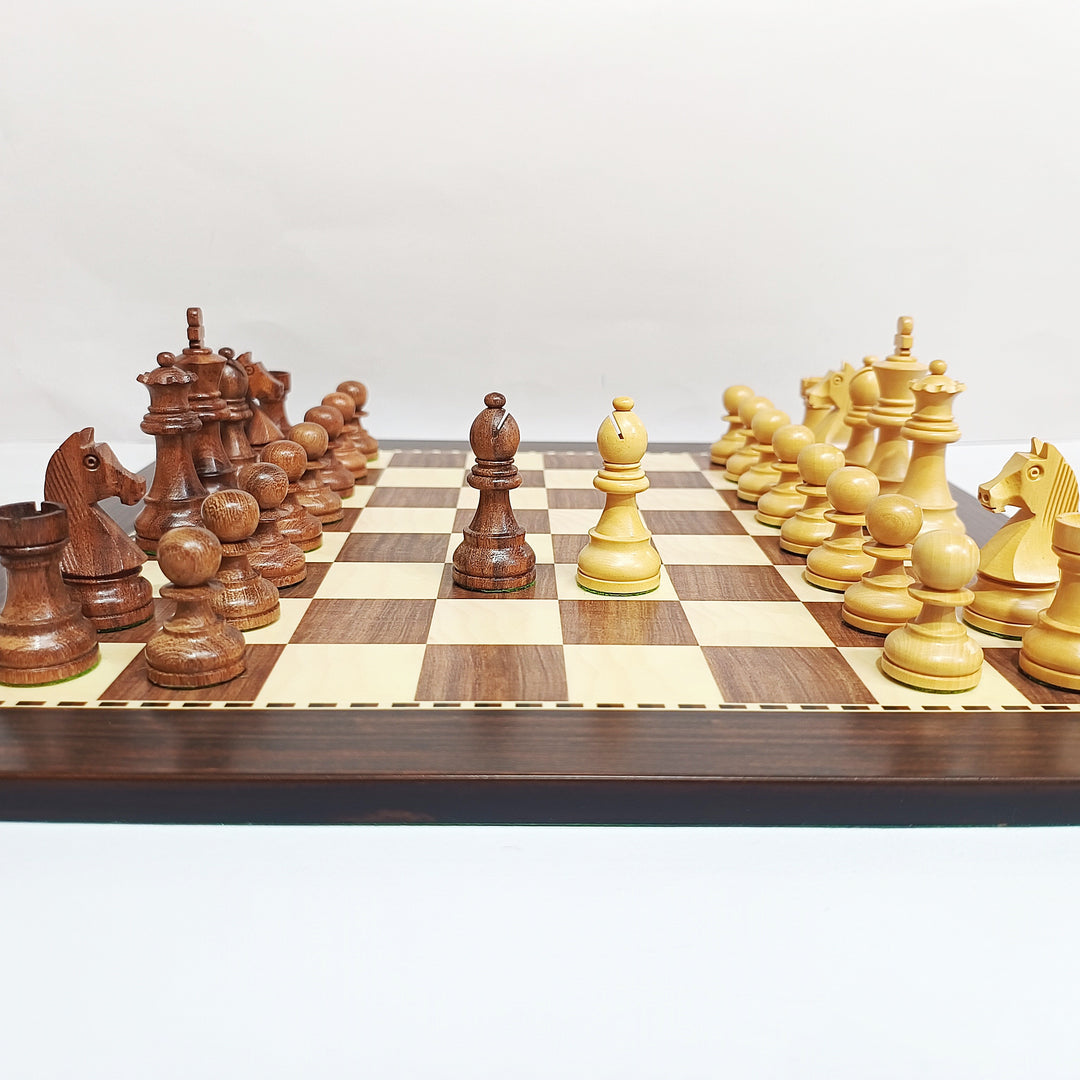
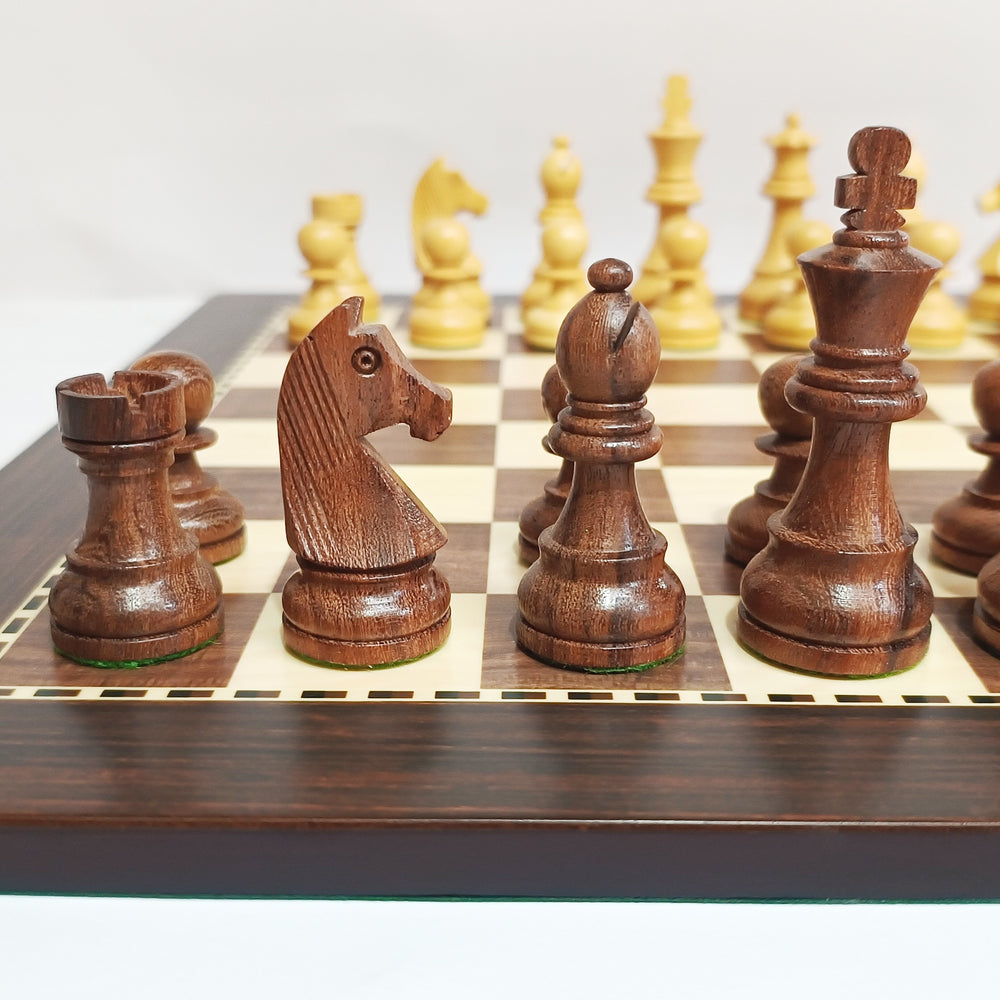
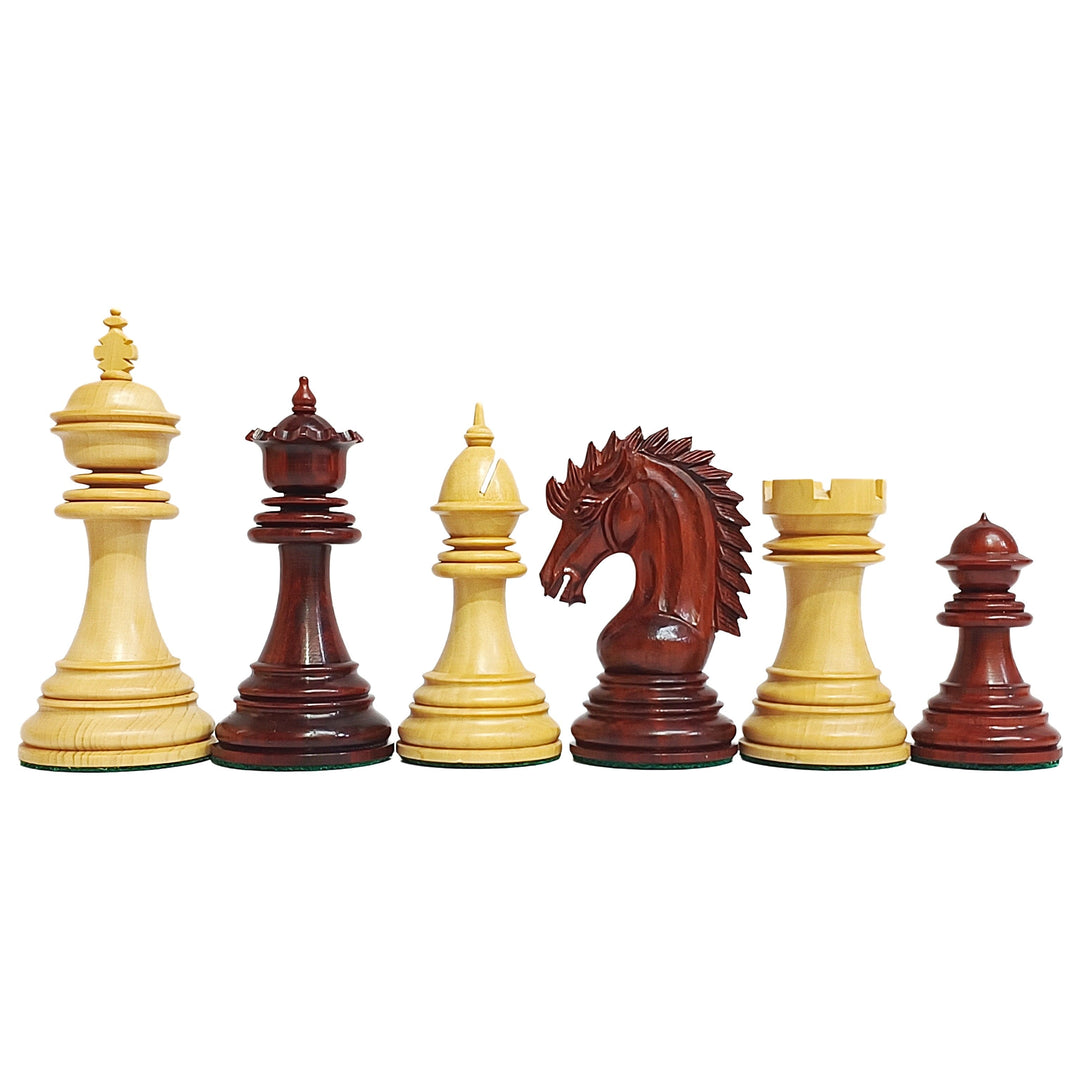
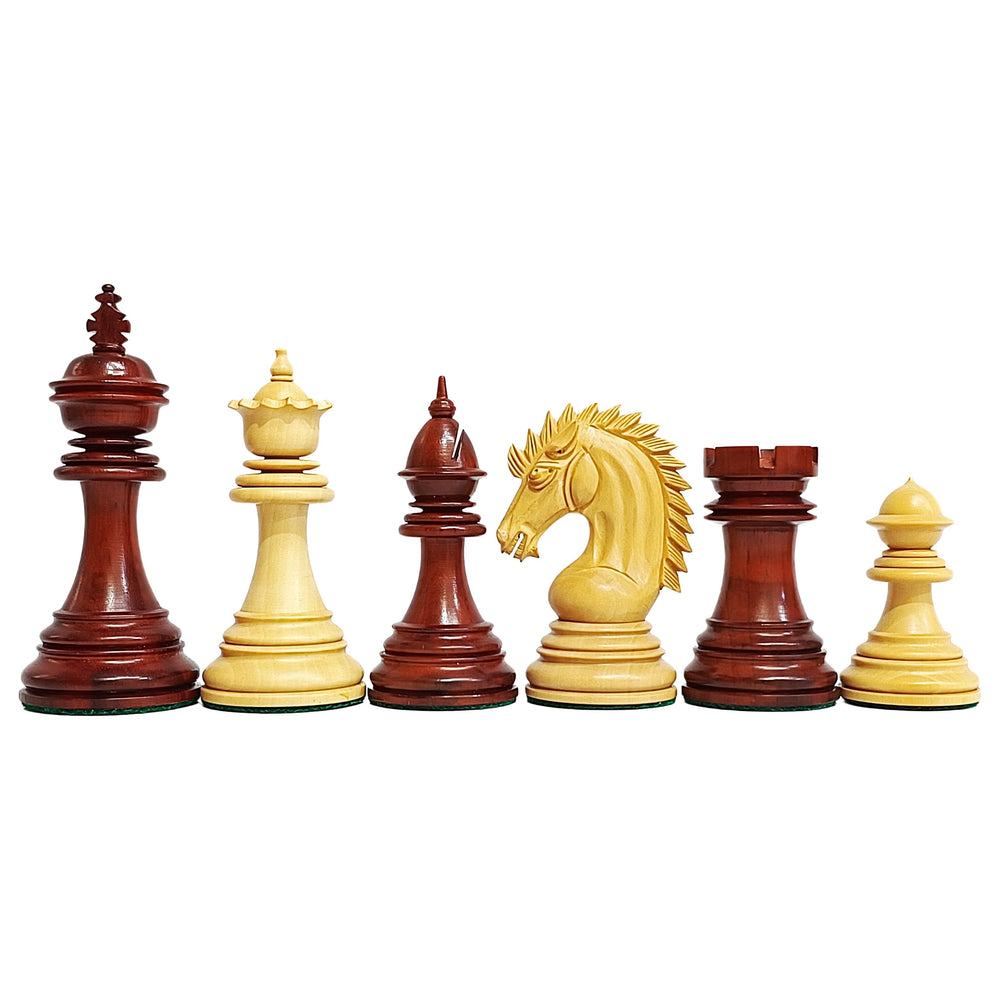
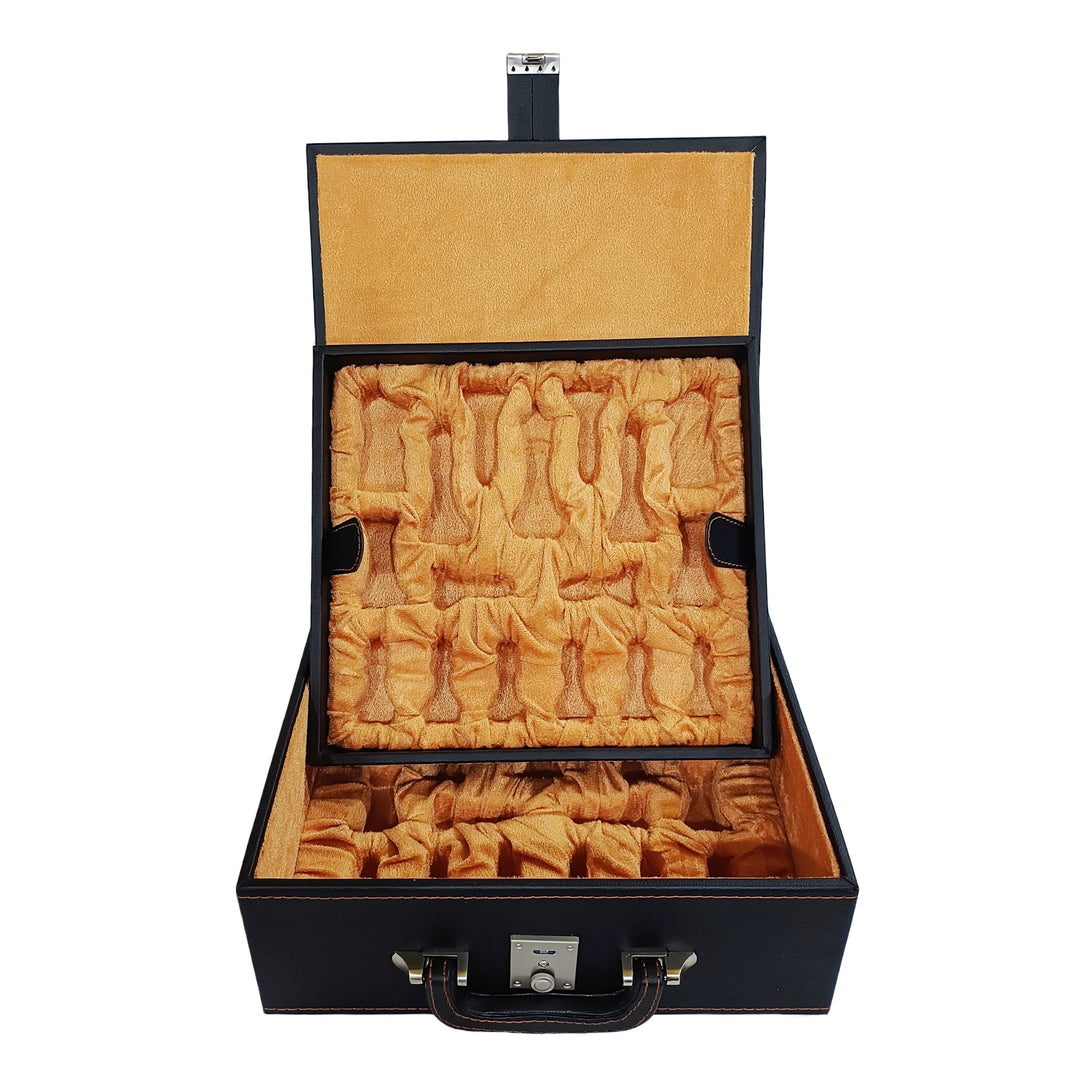
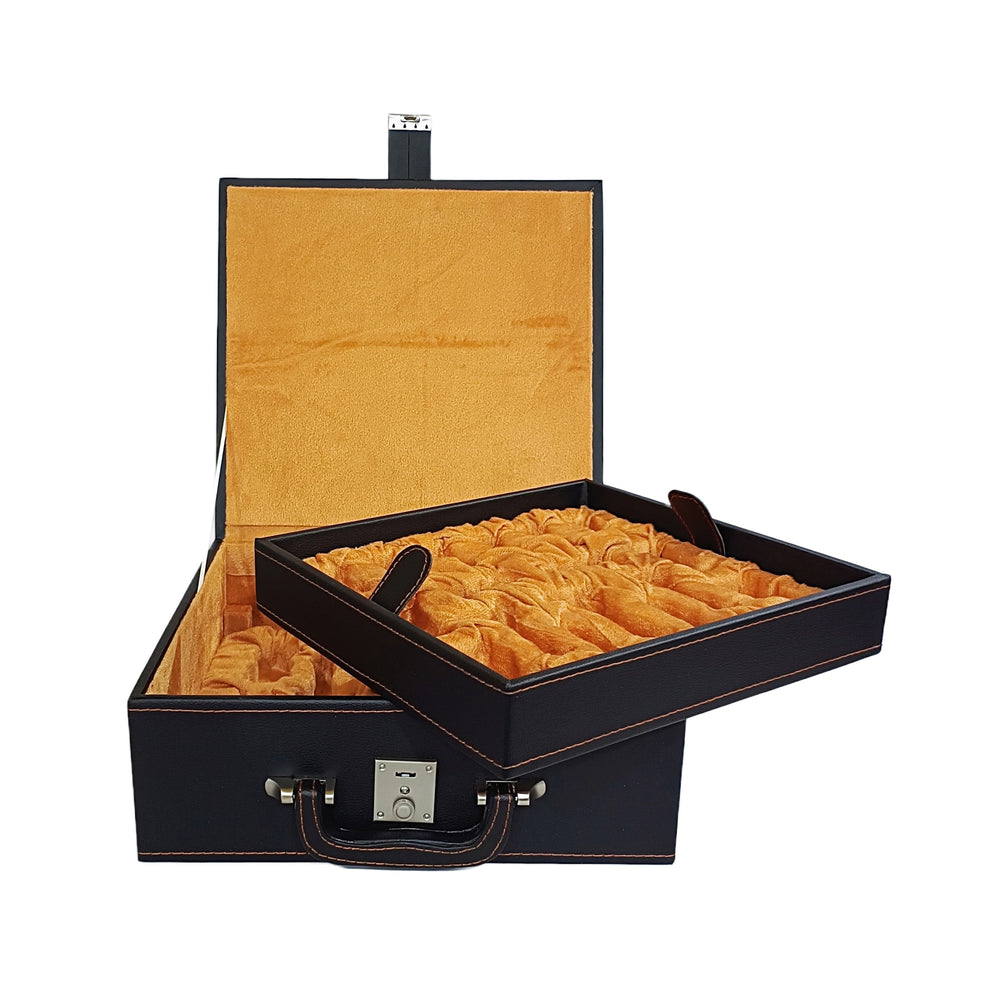
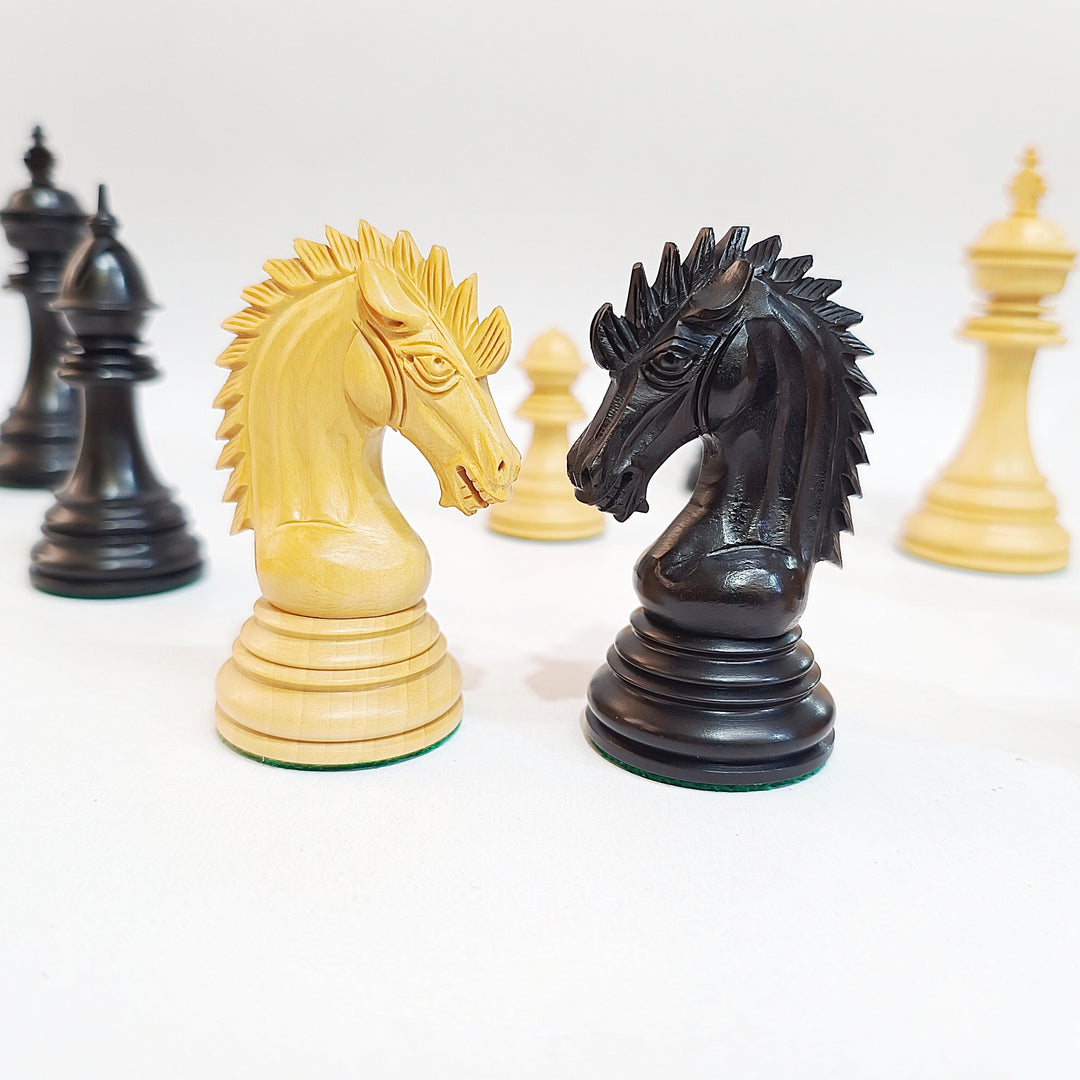
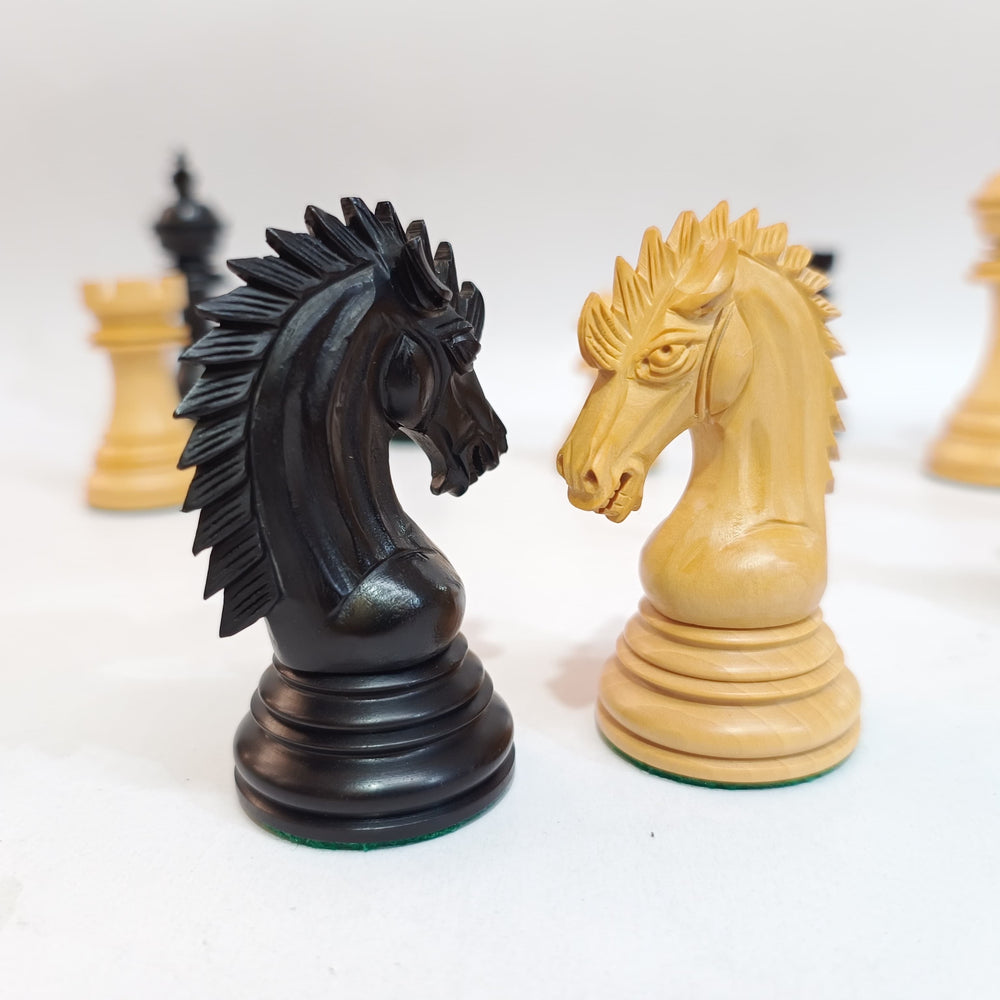
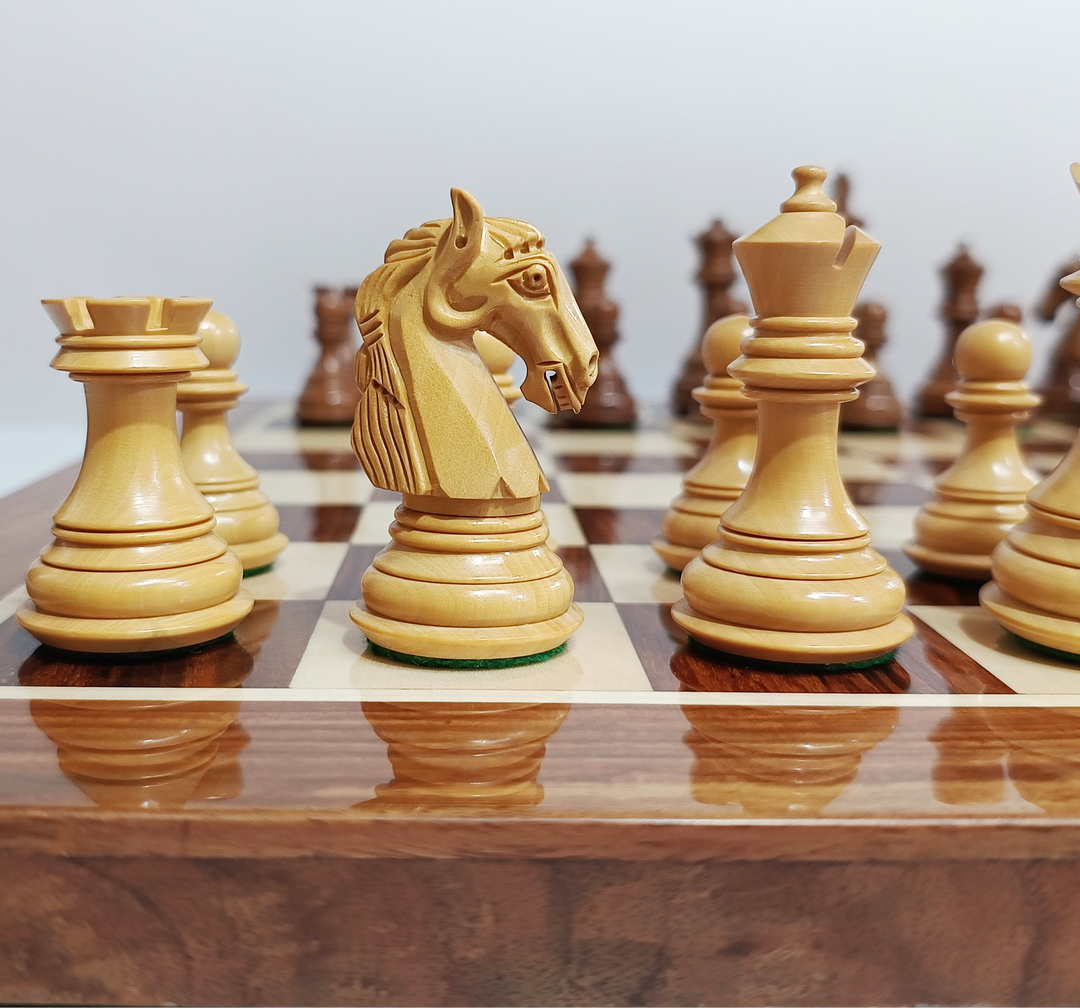
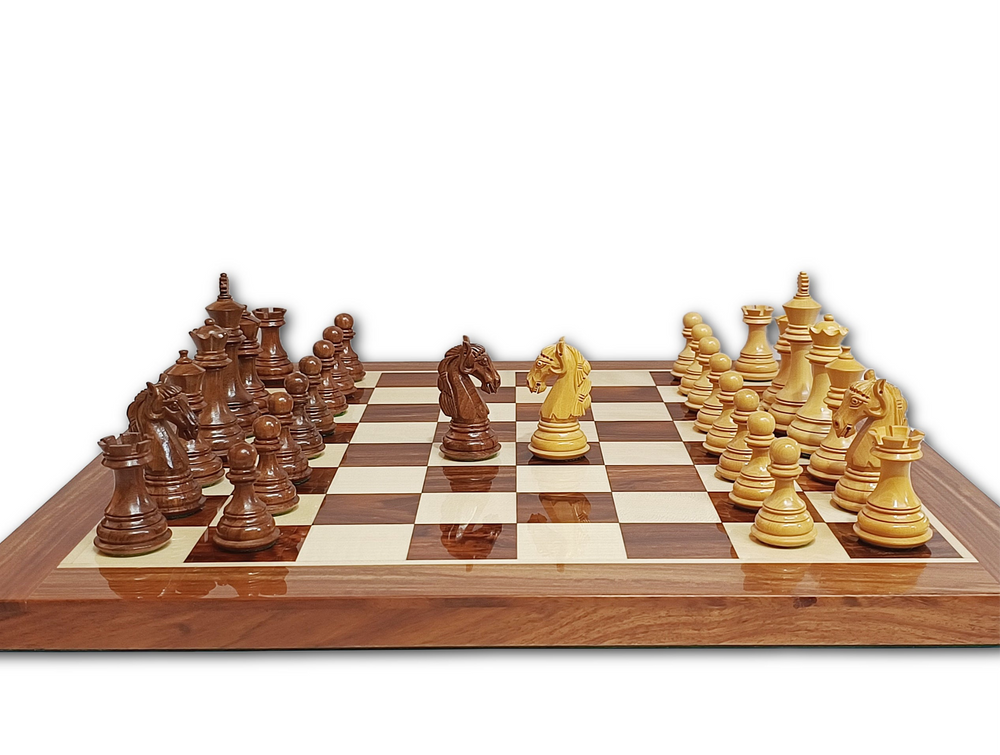
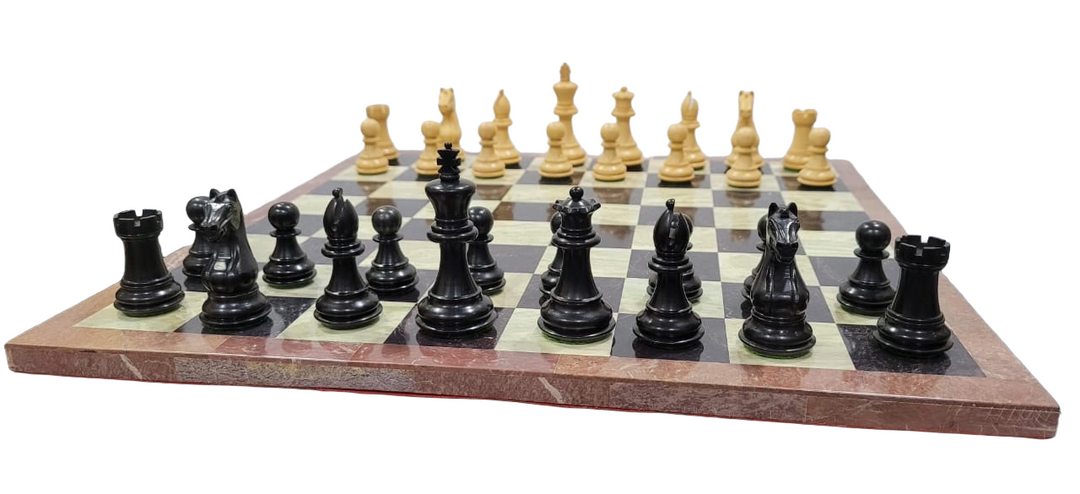
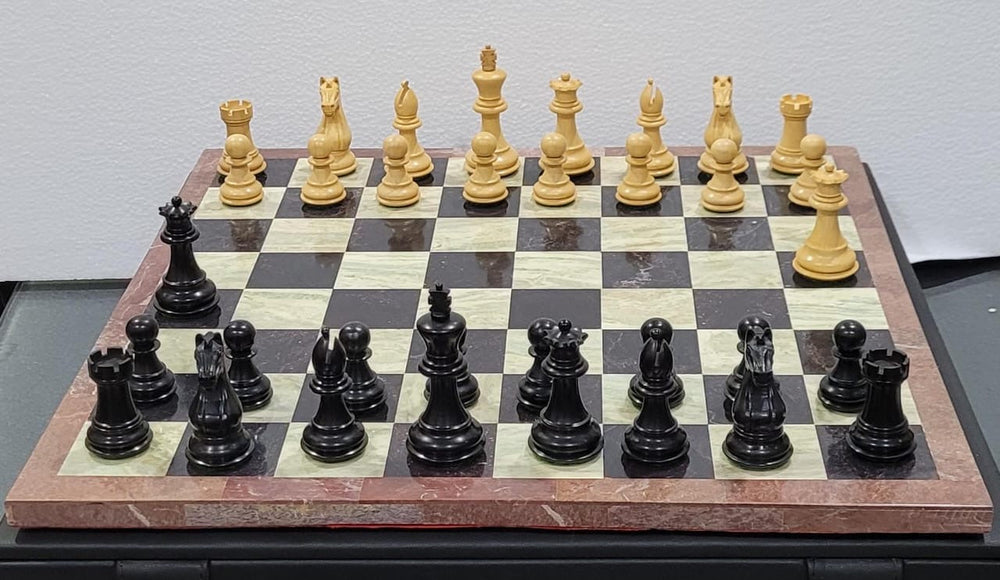
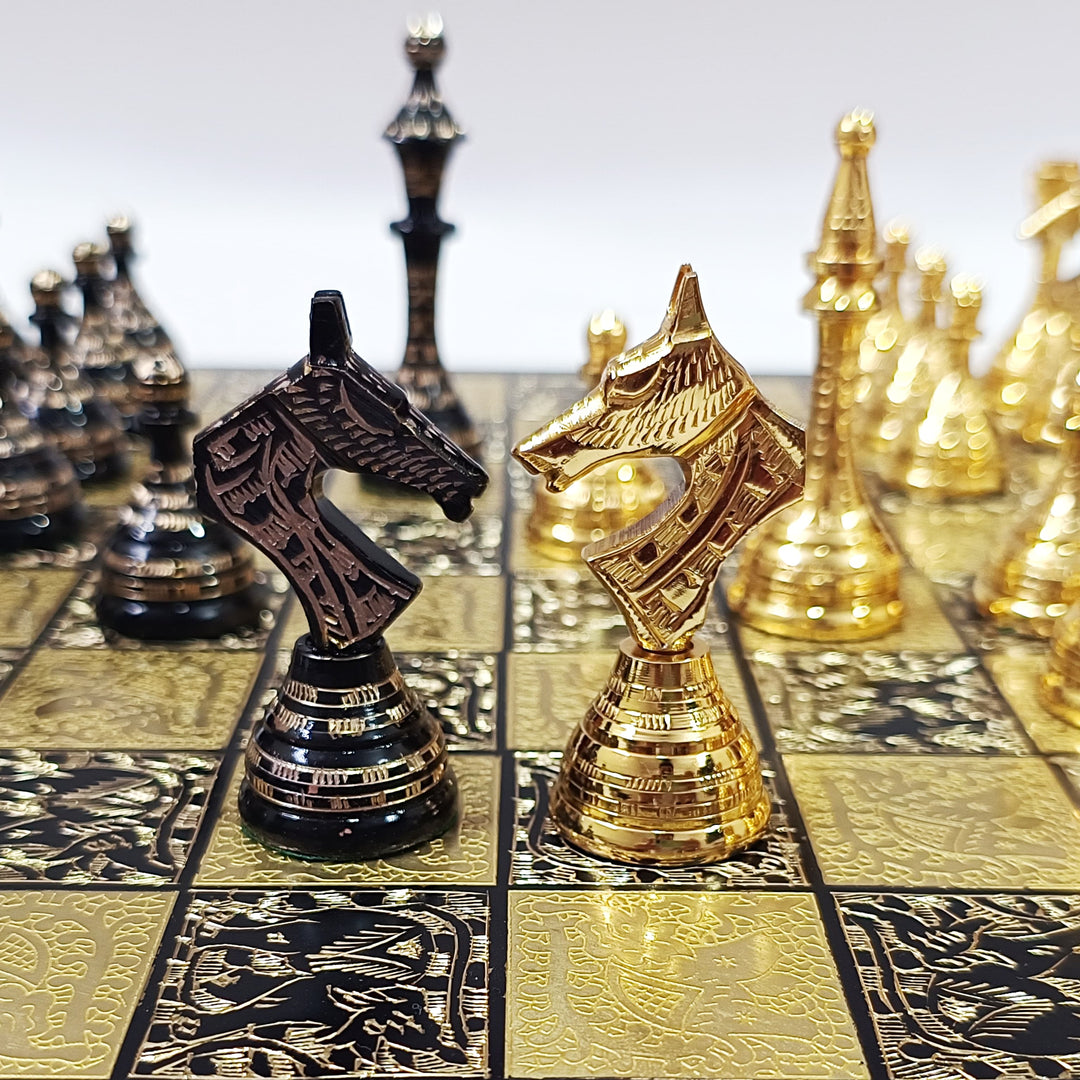
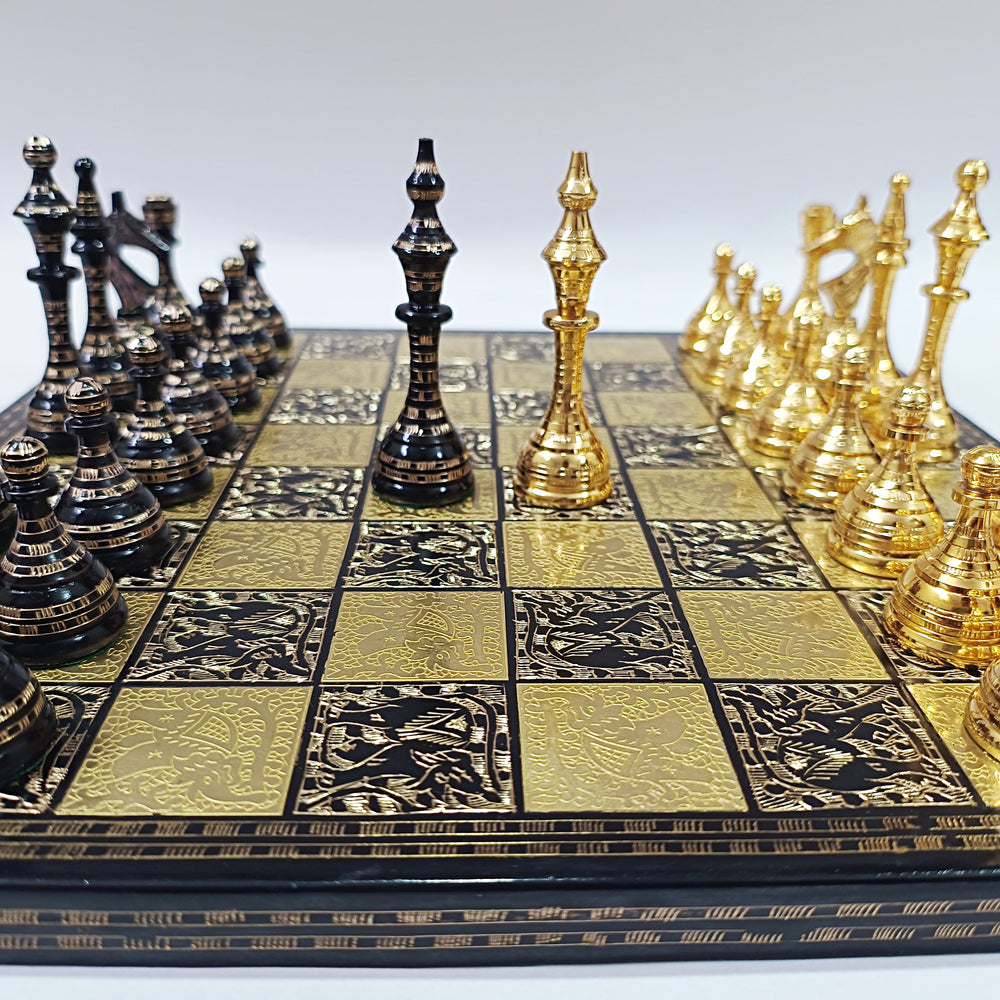
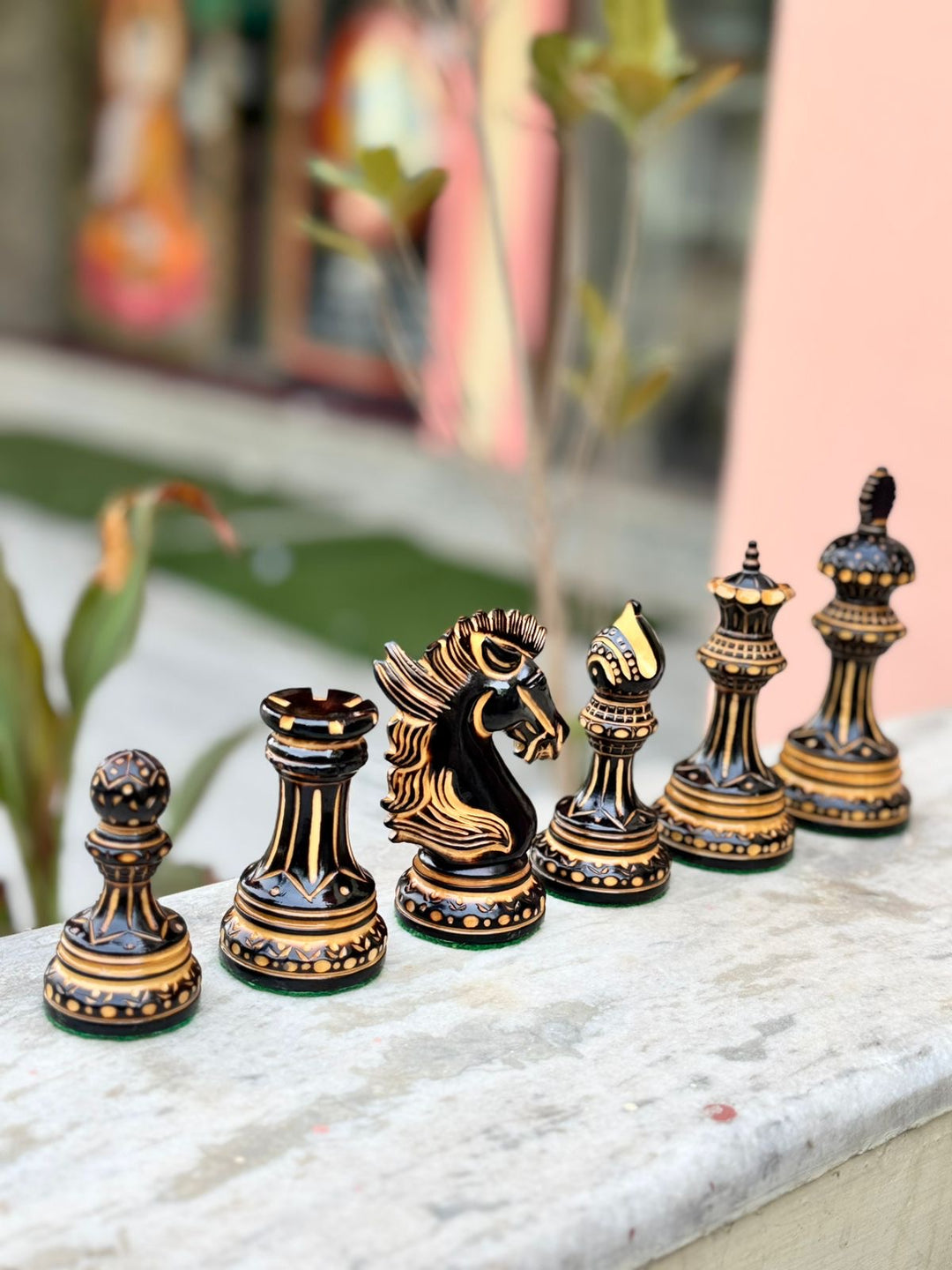

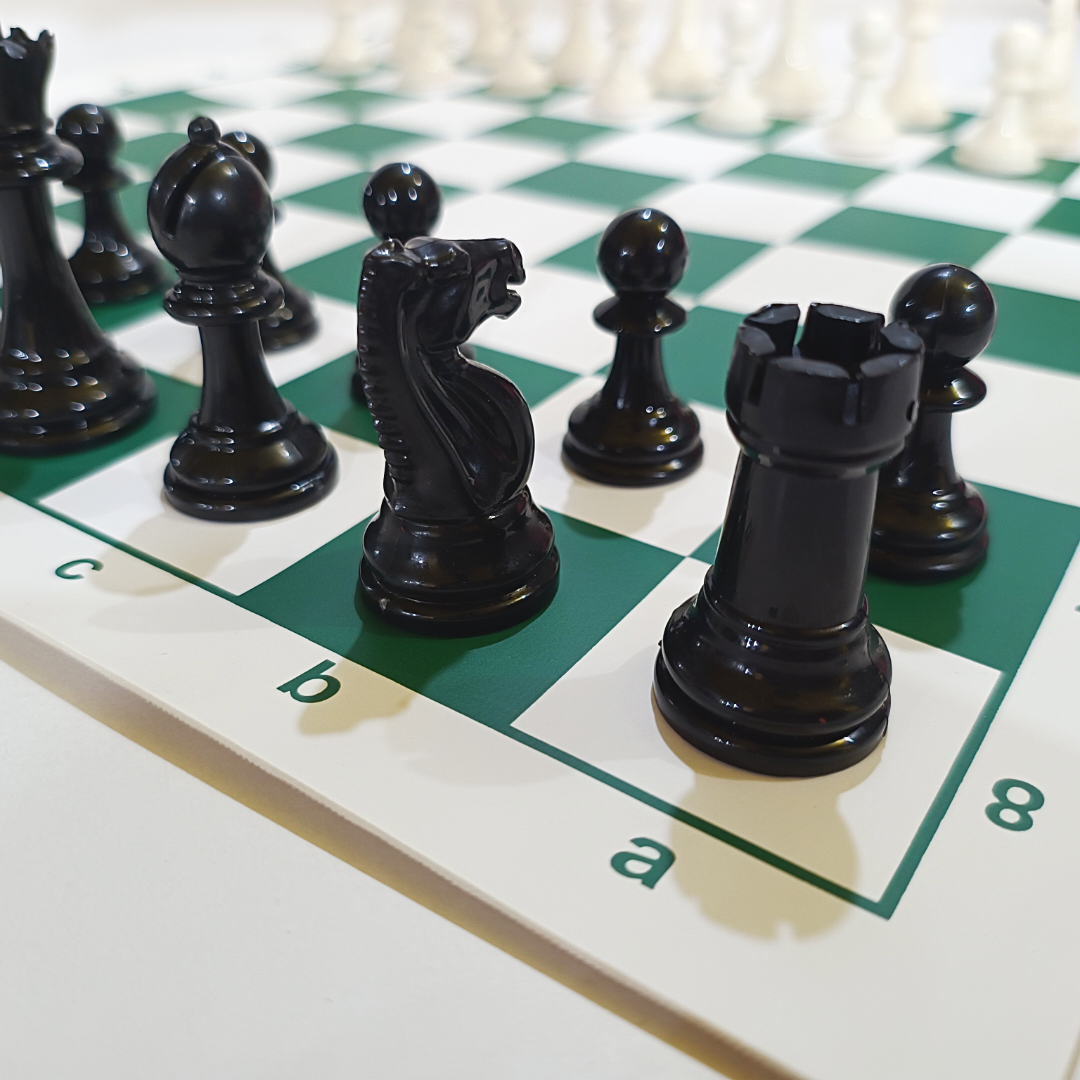
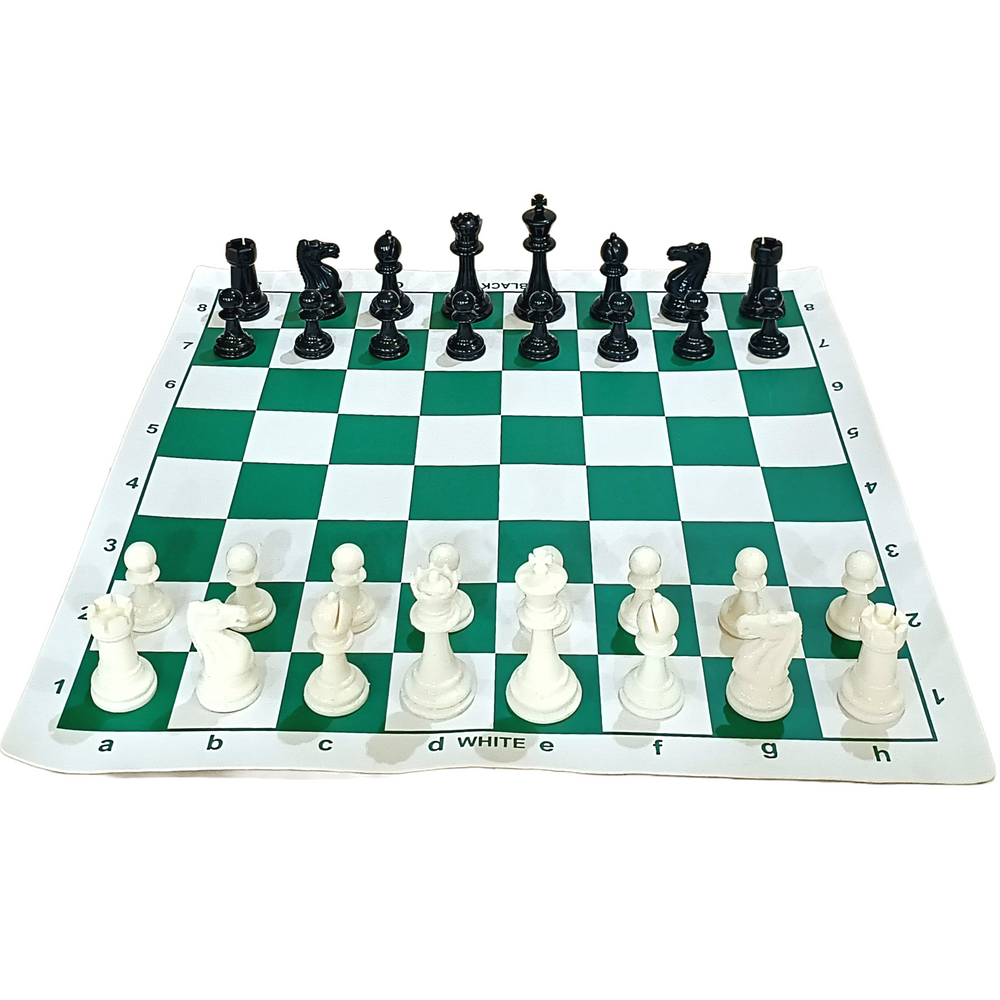
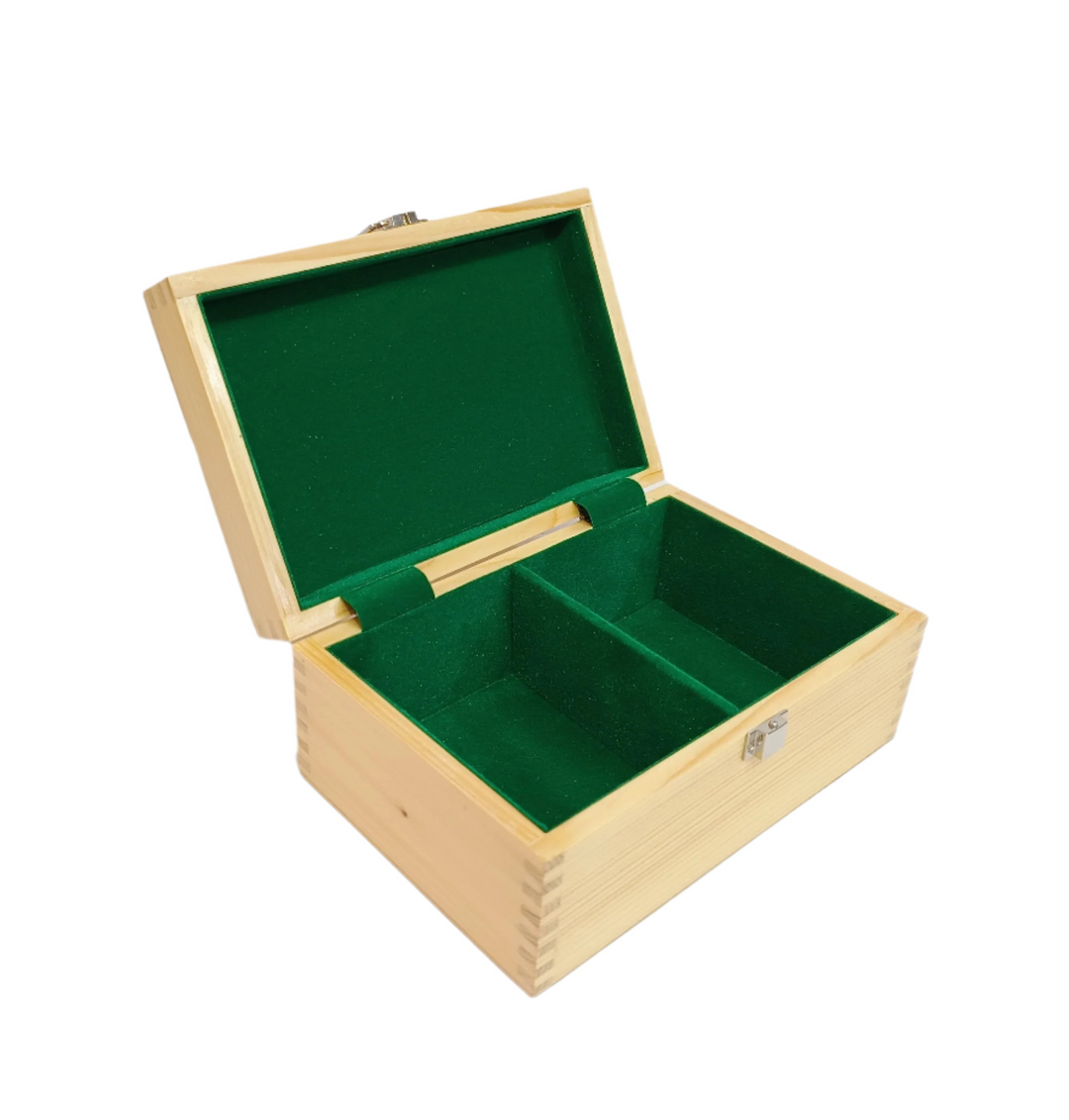
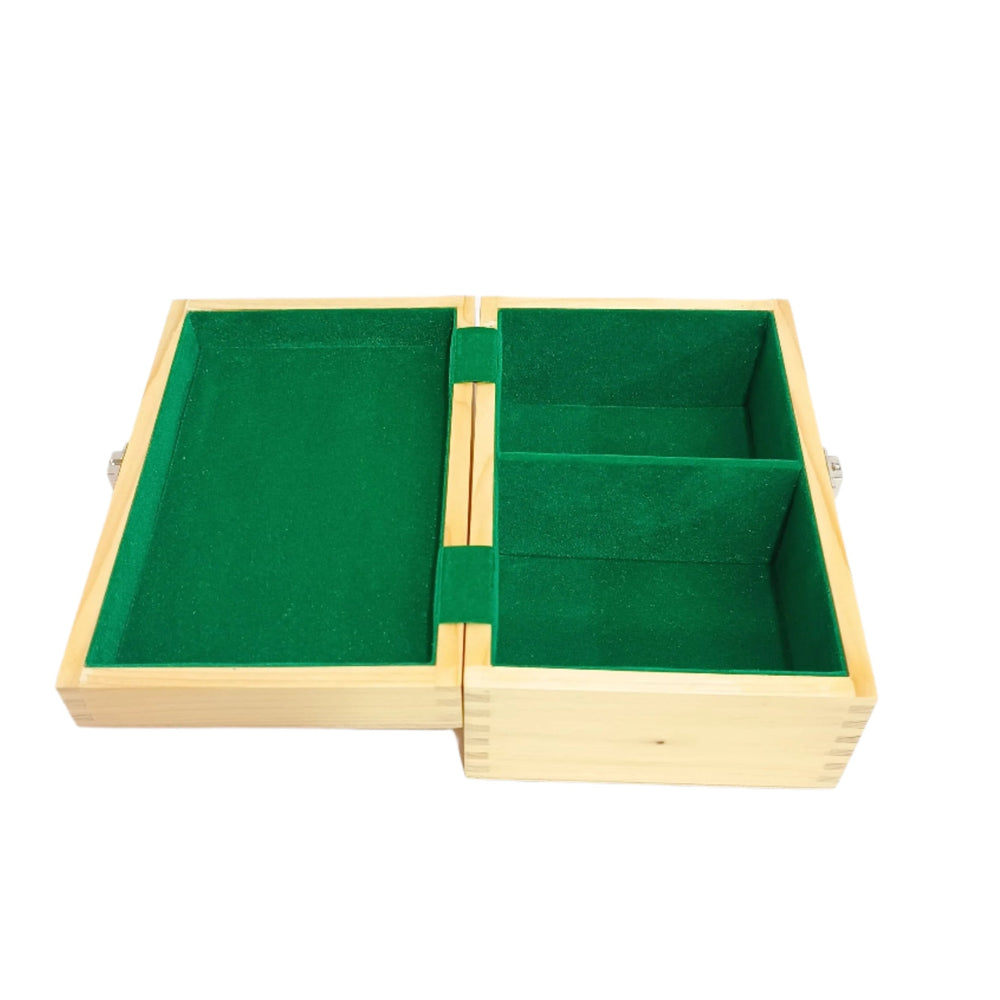
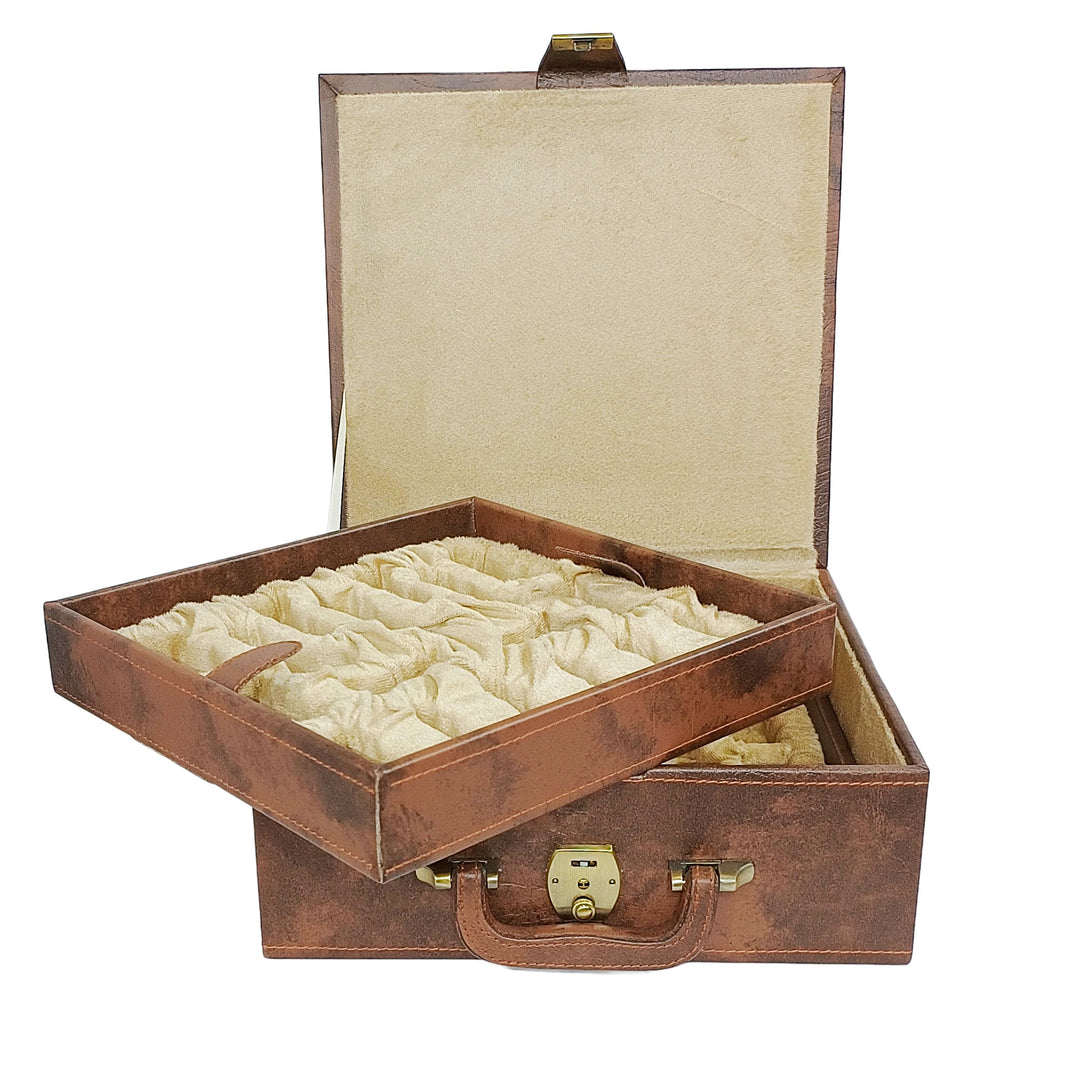
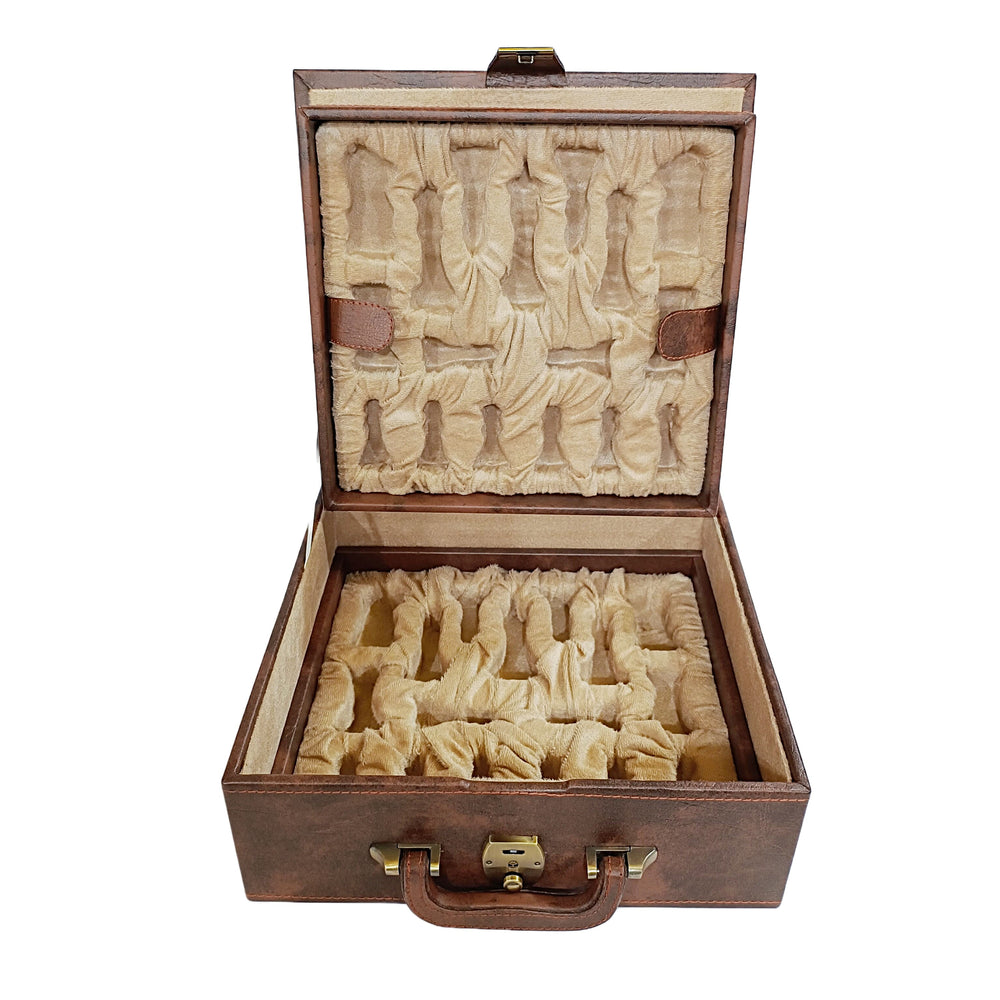
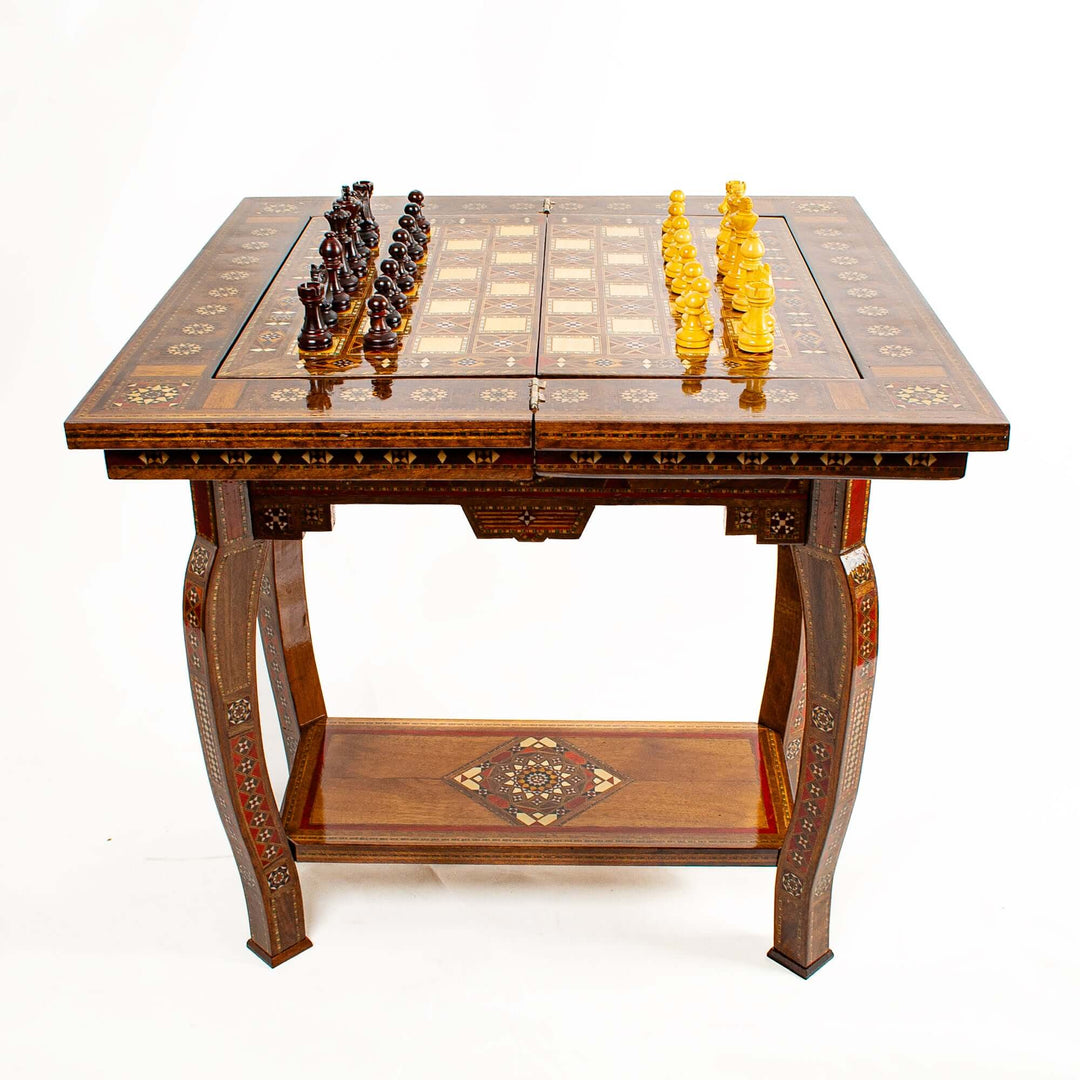
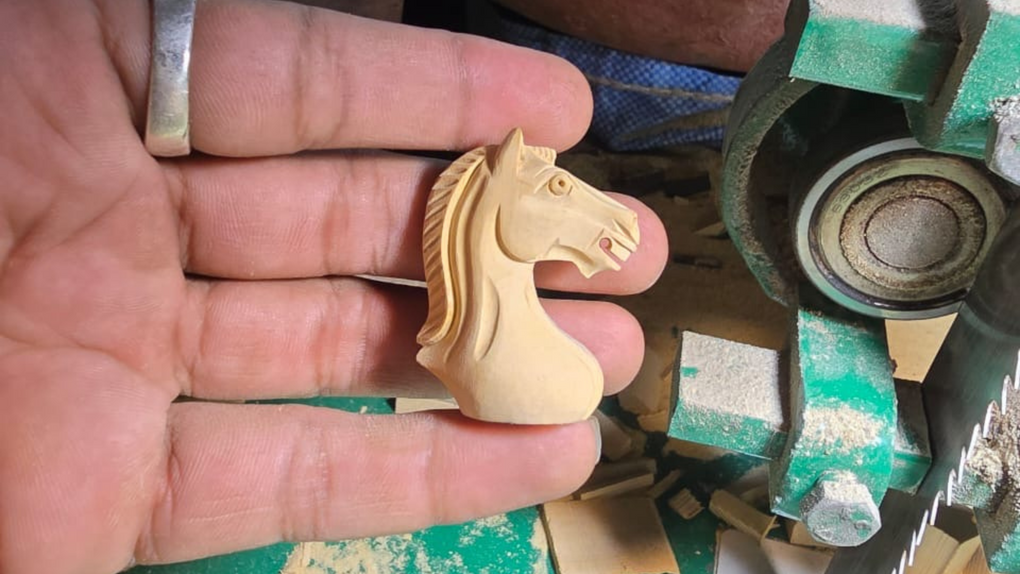
Leave a comment